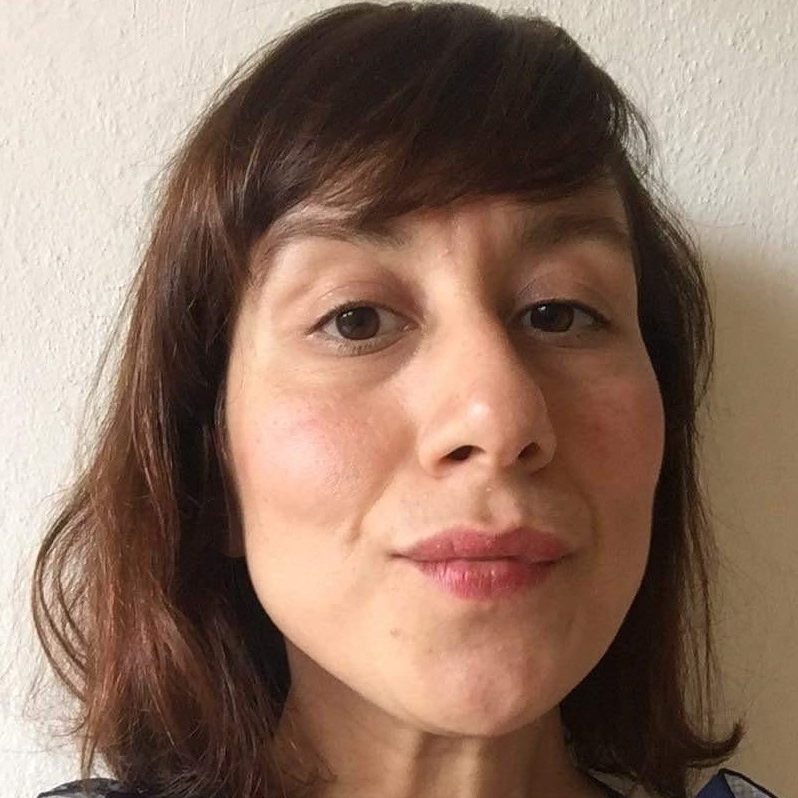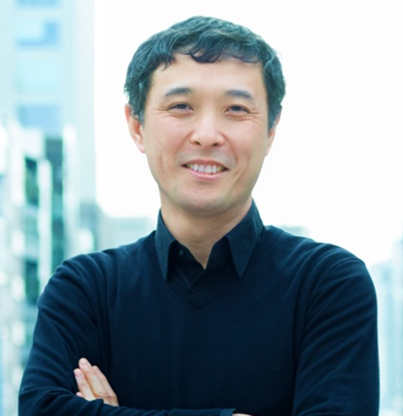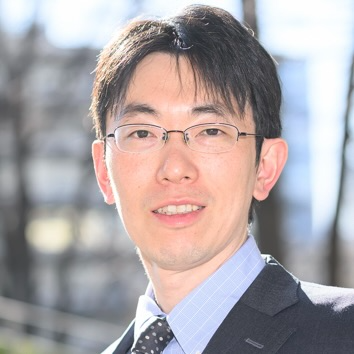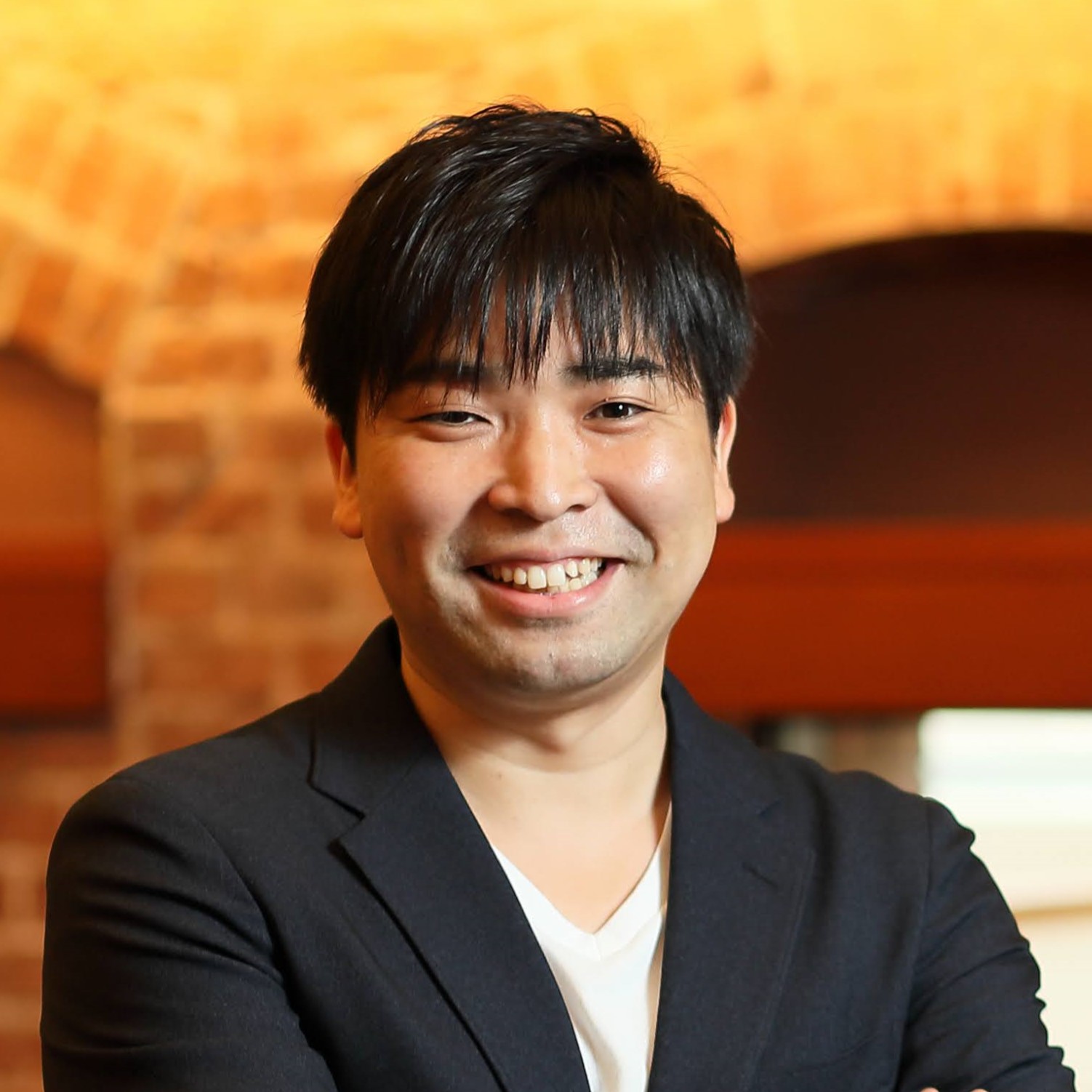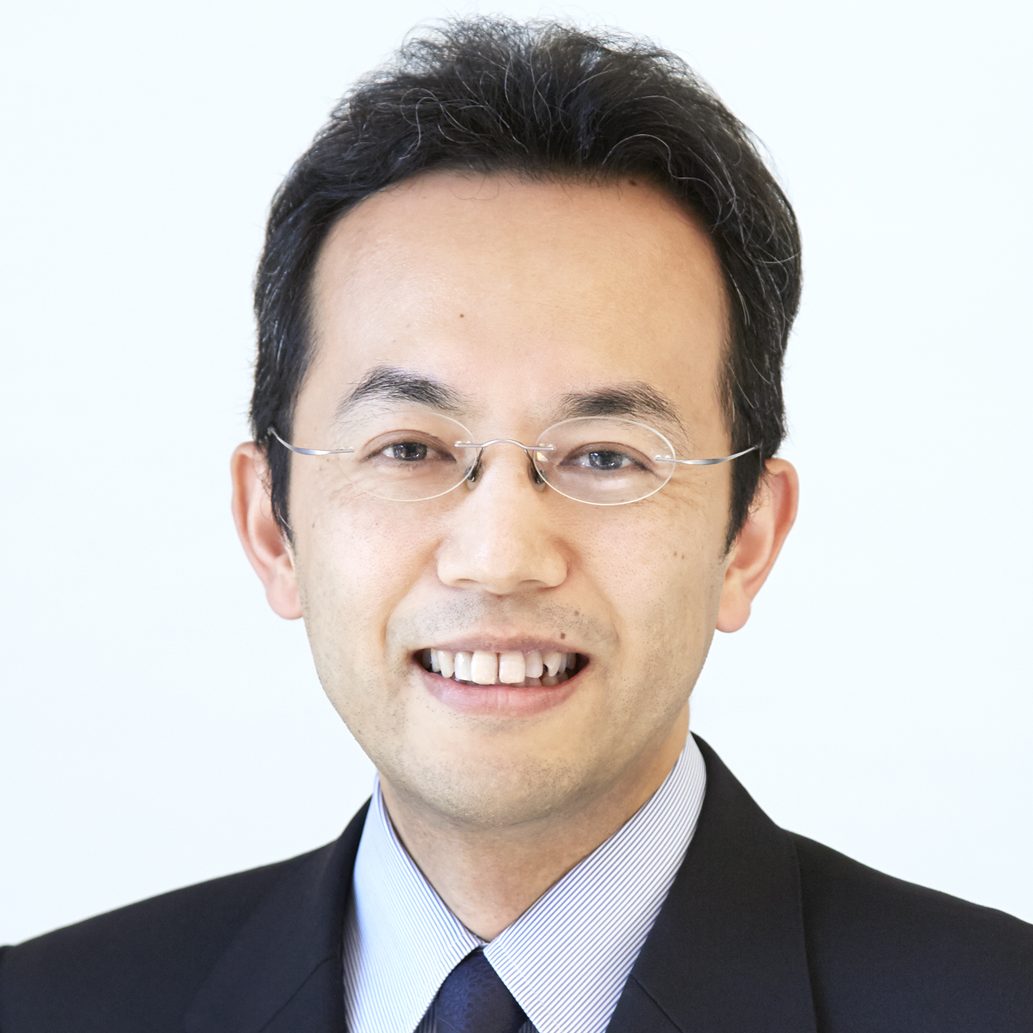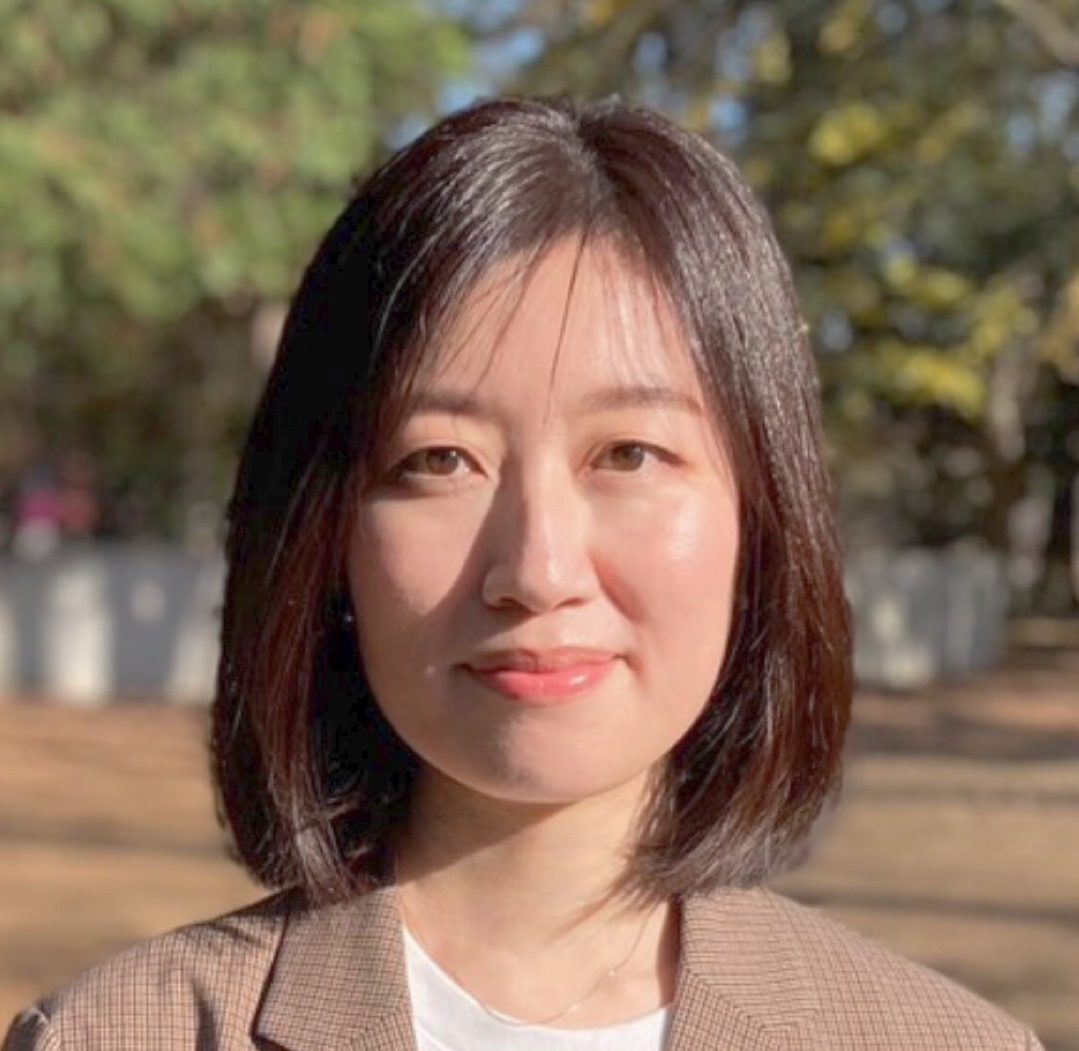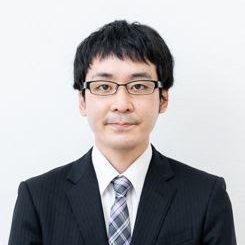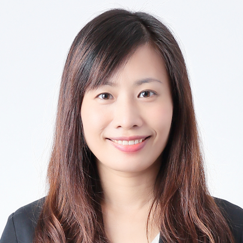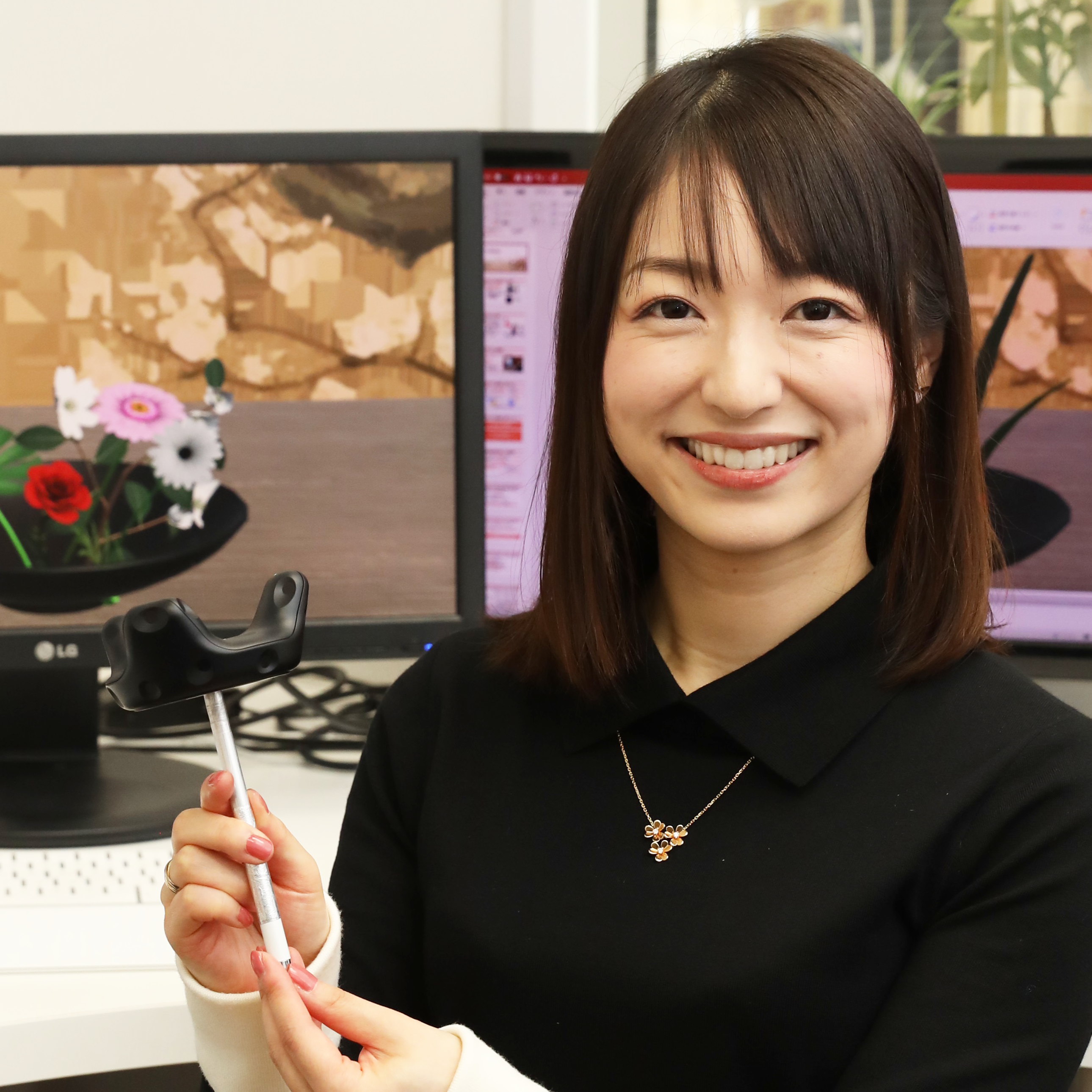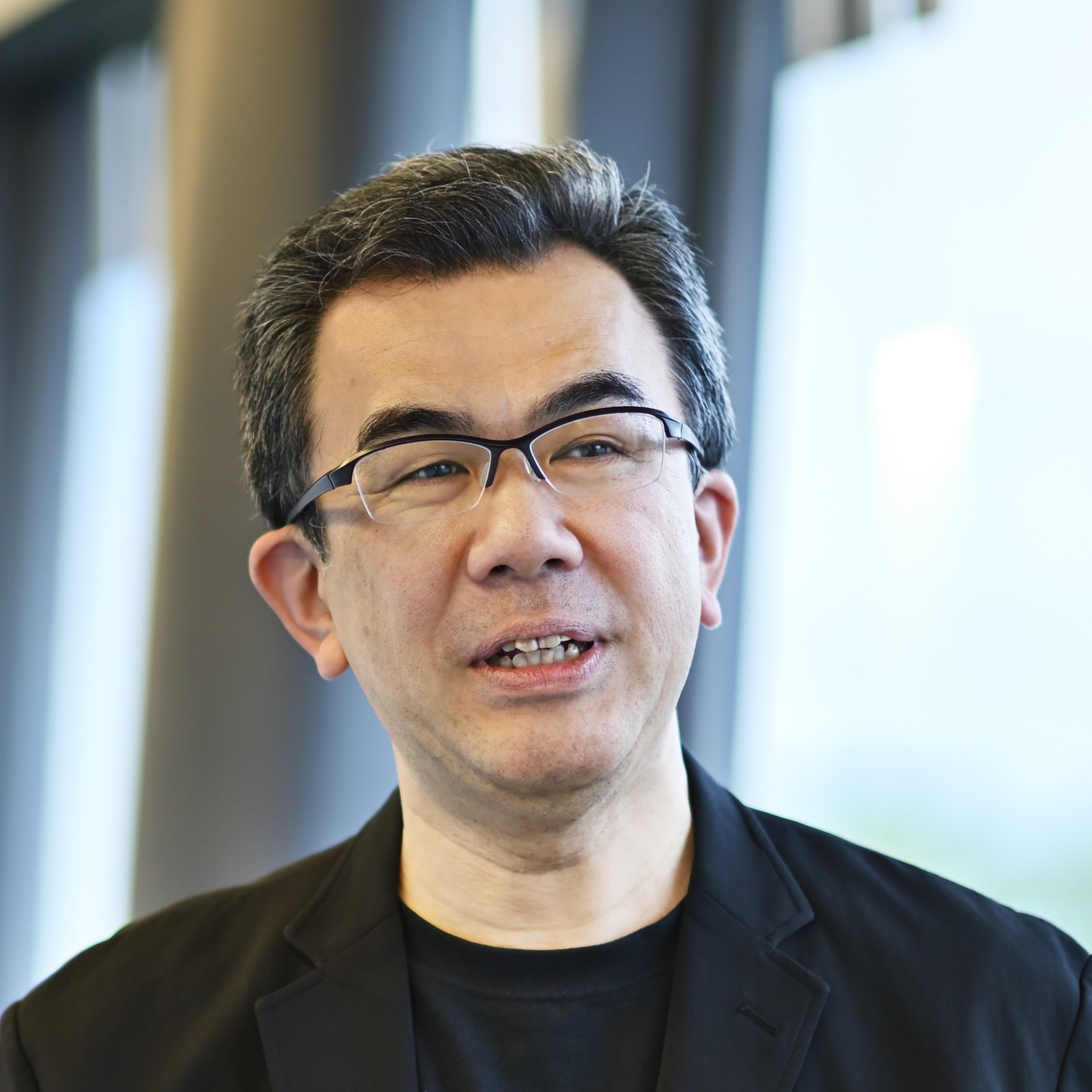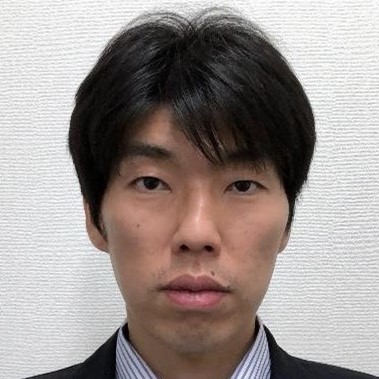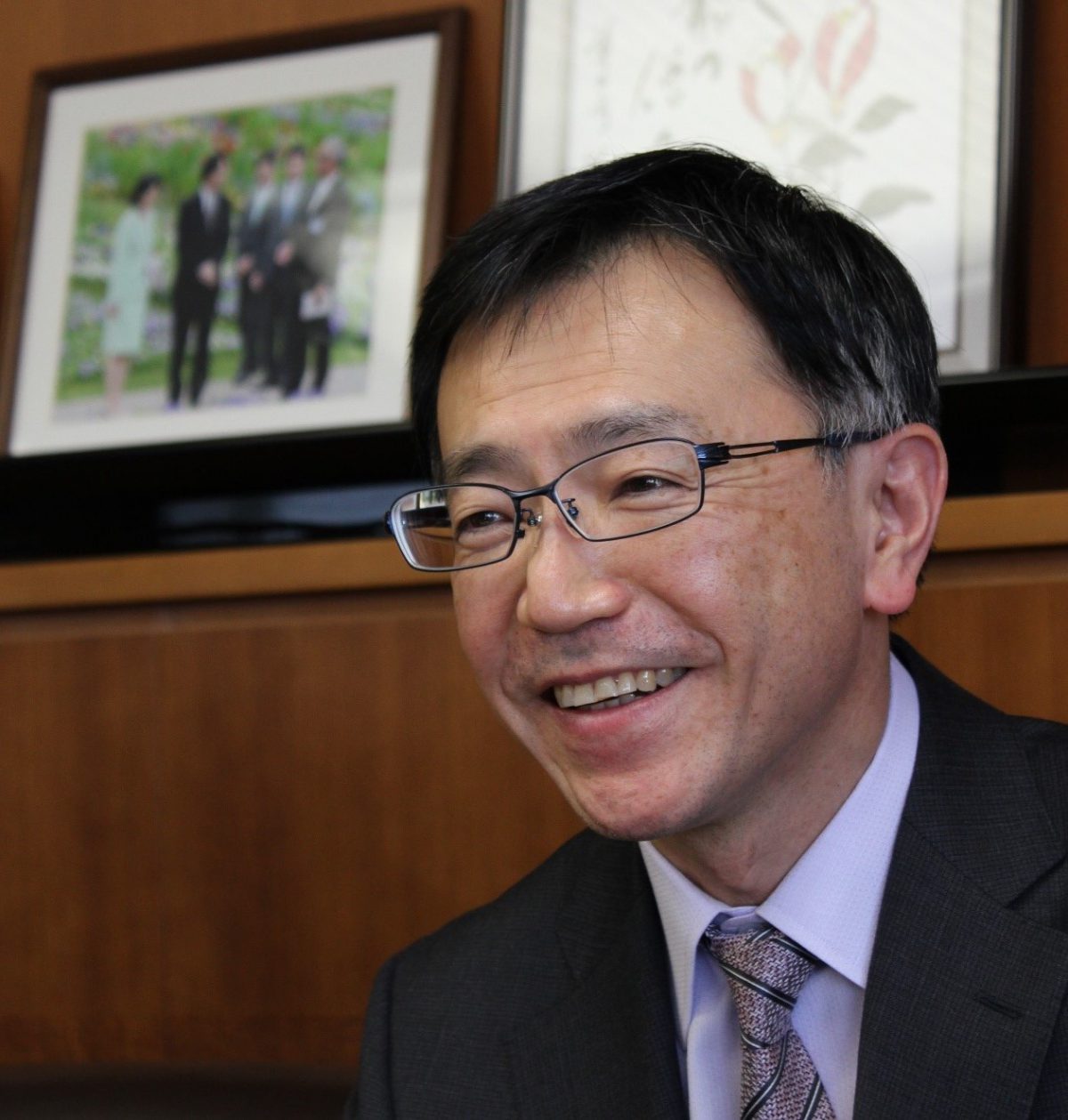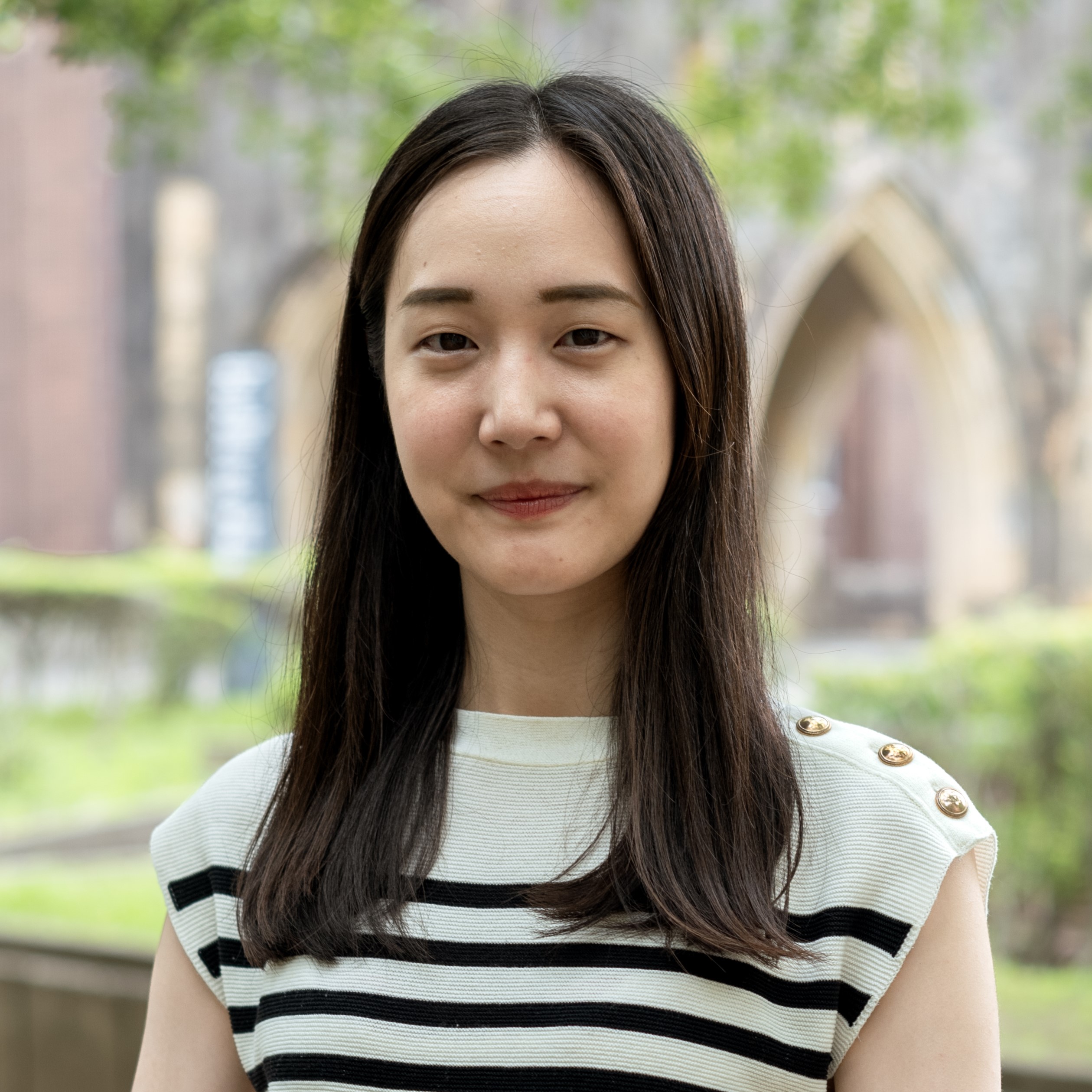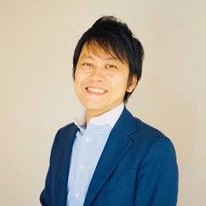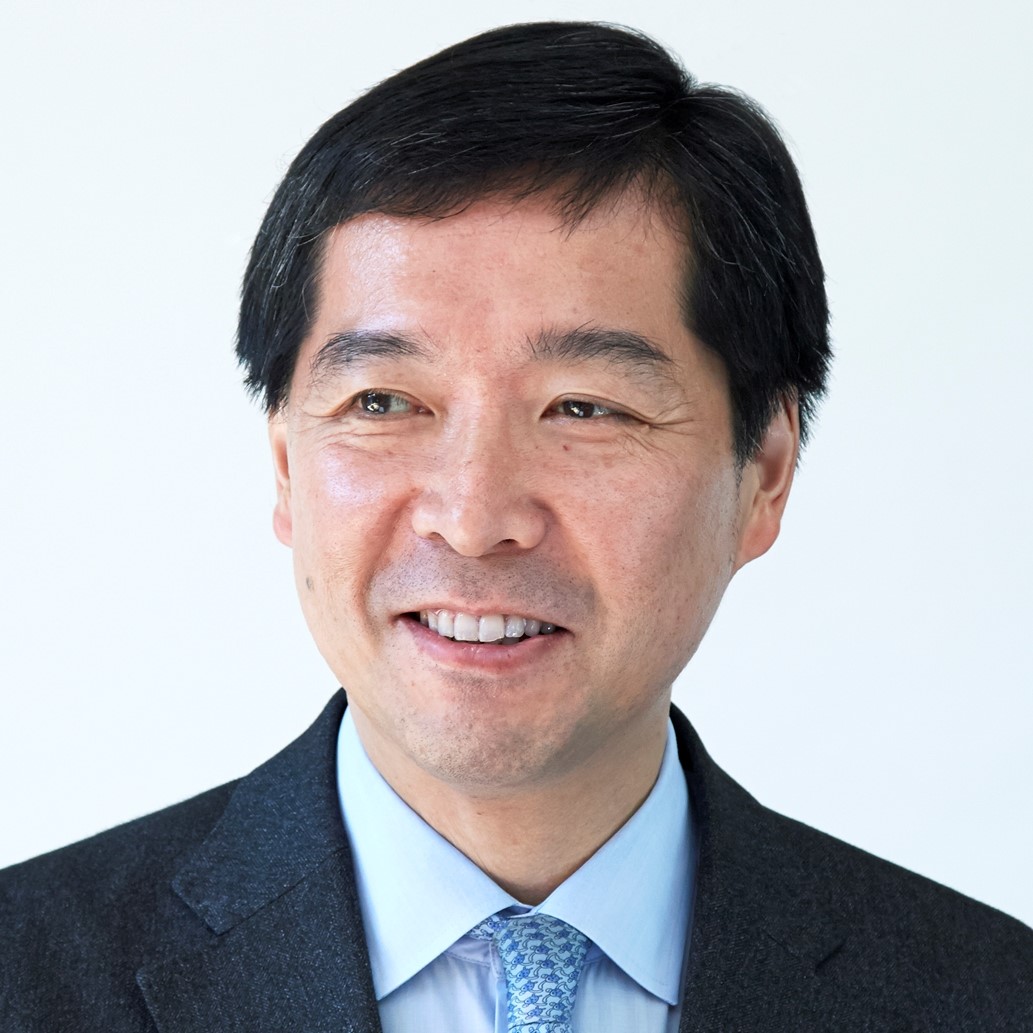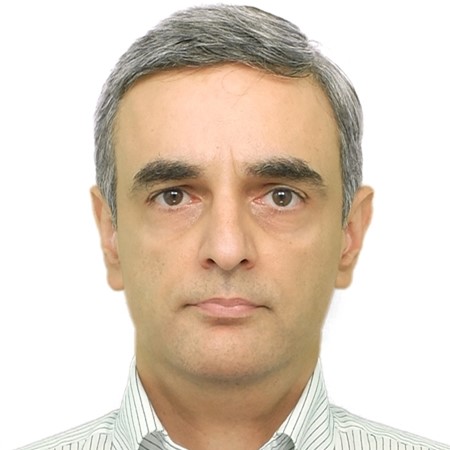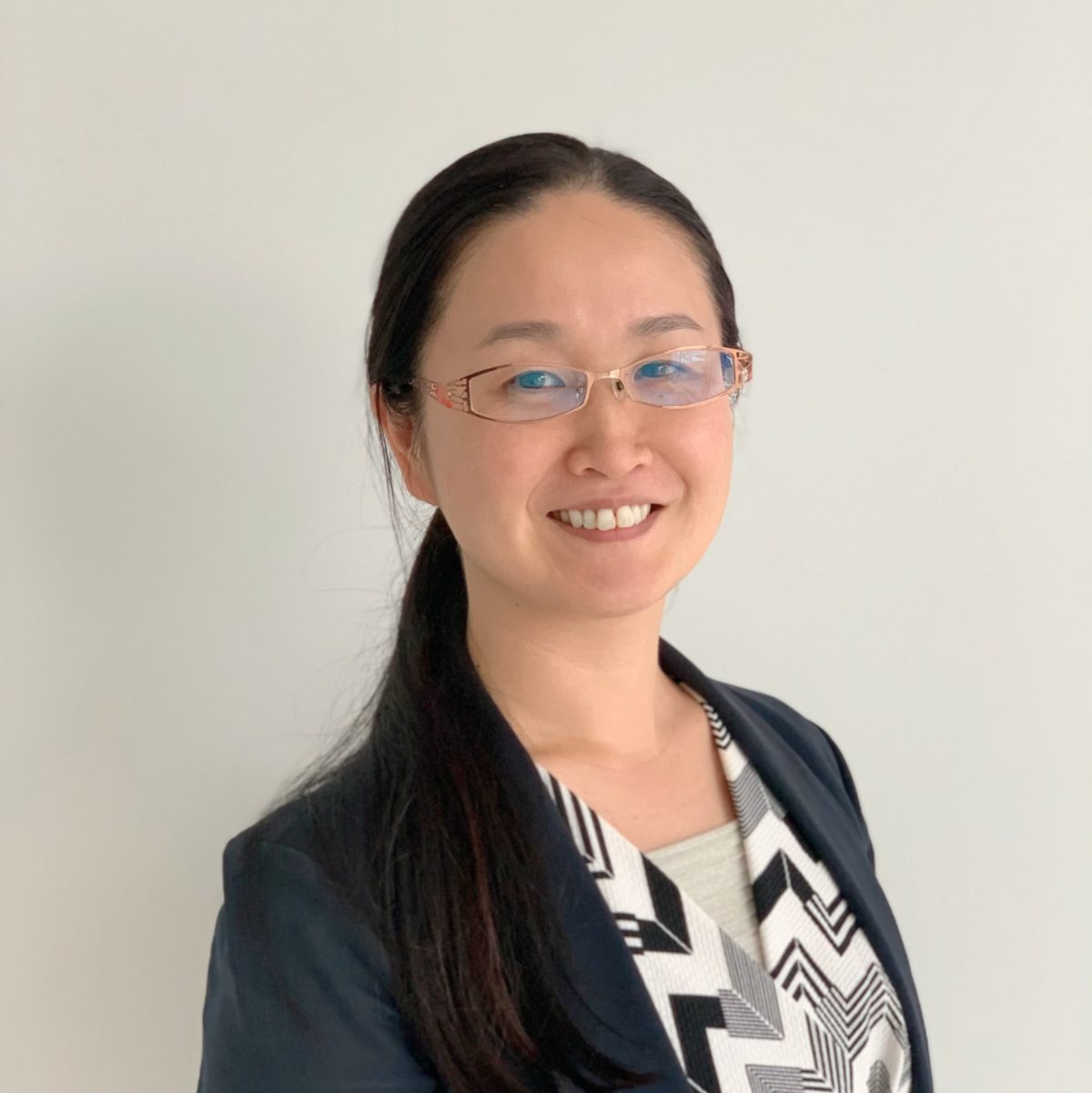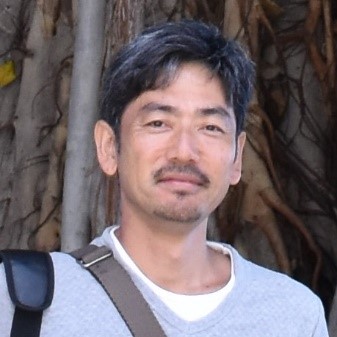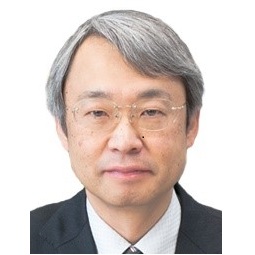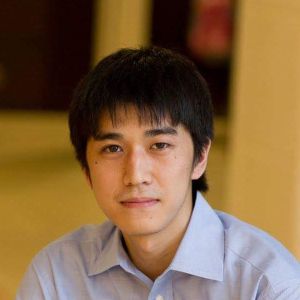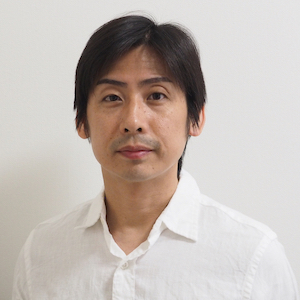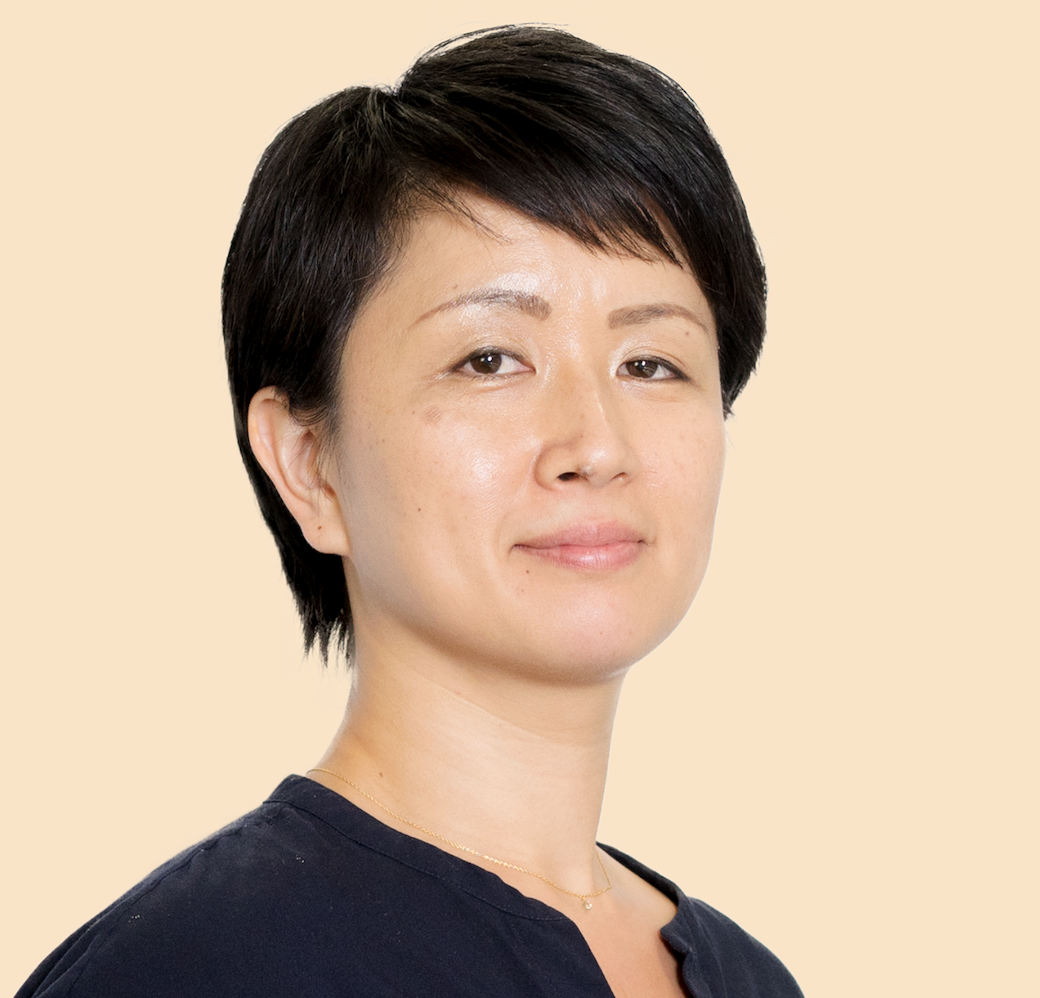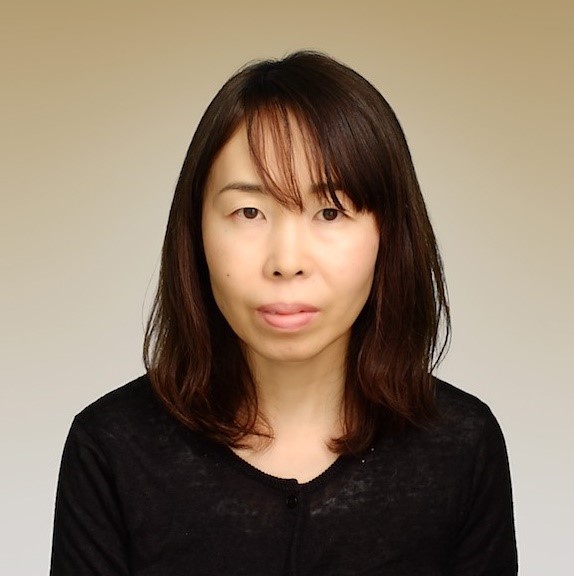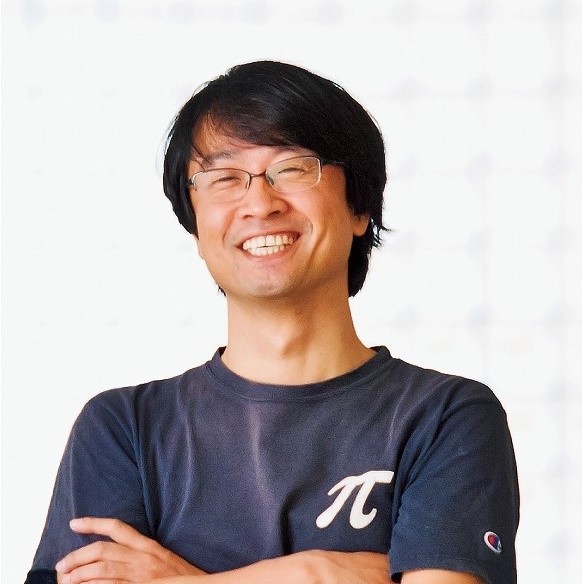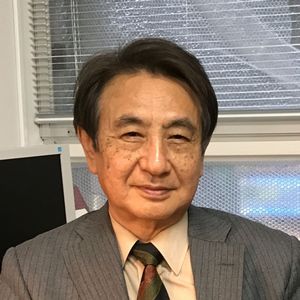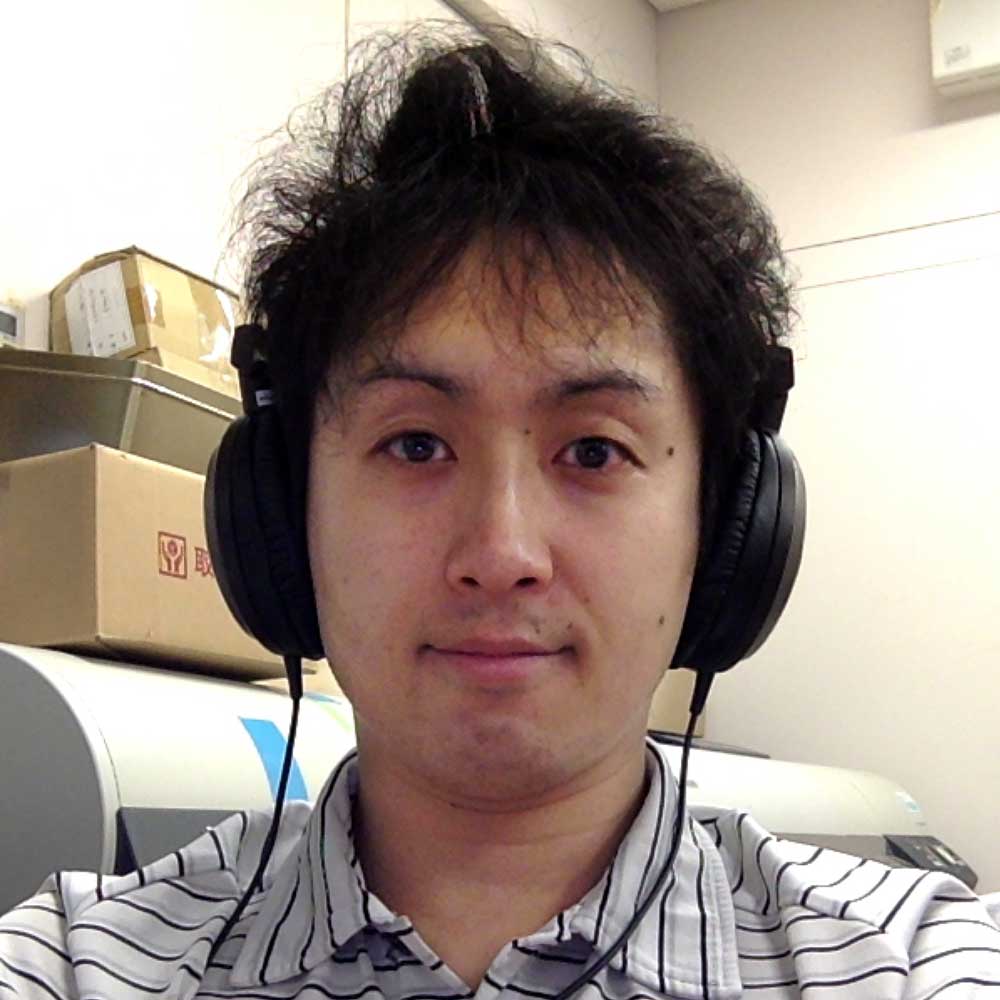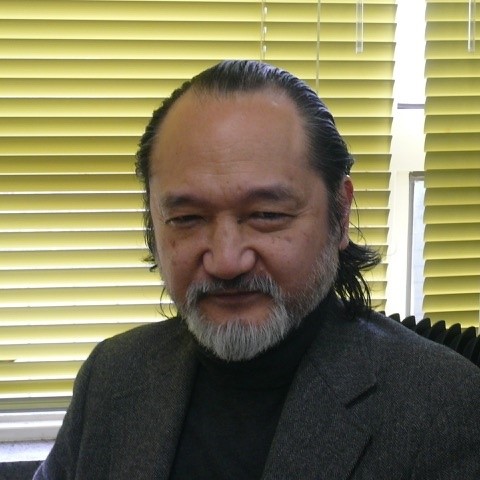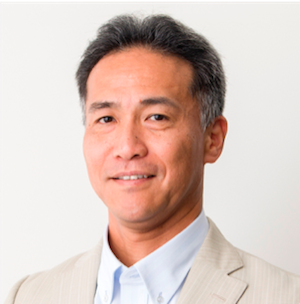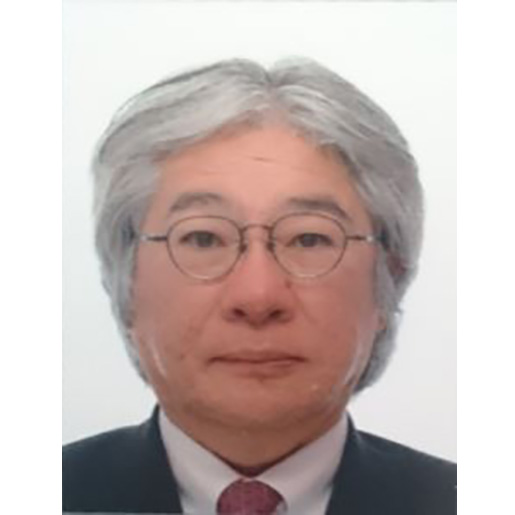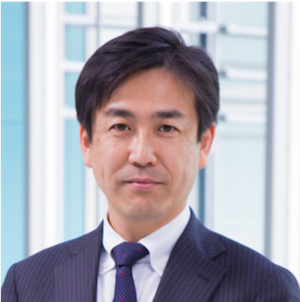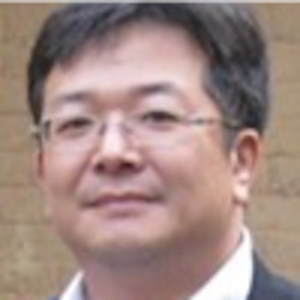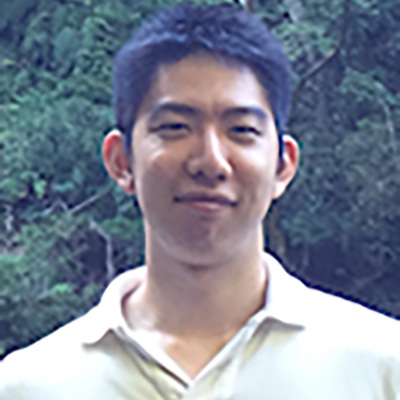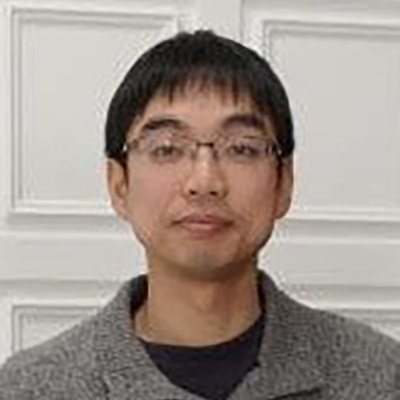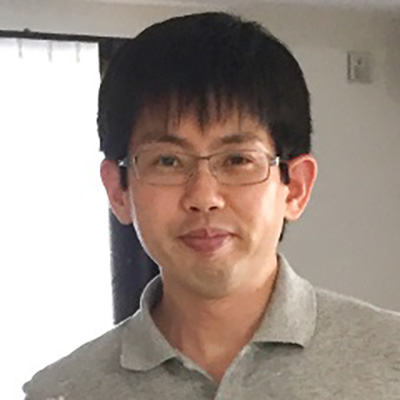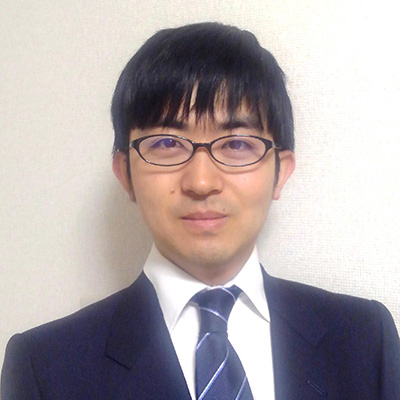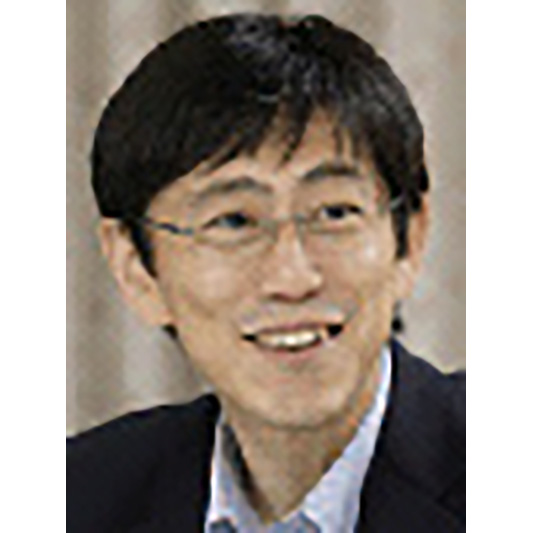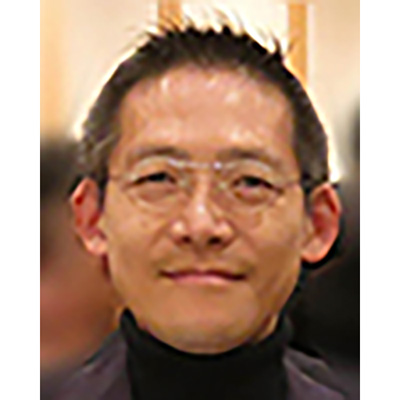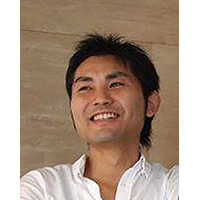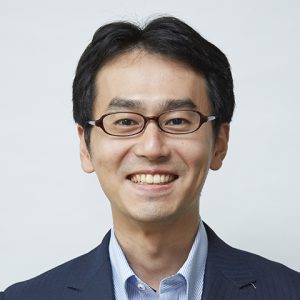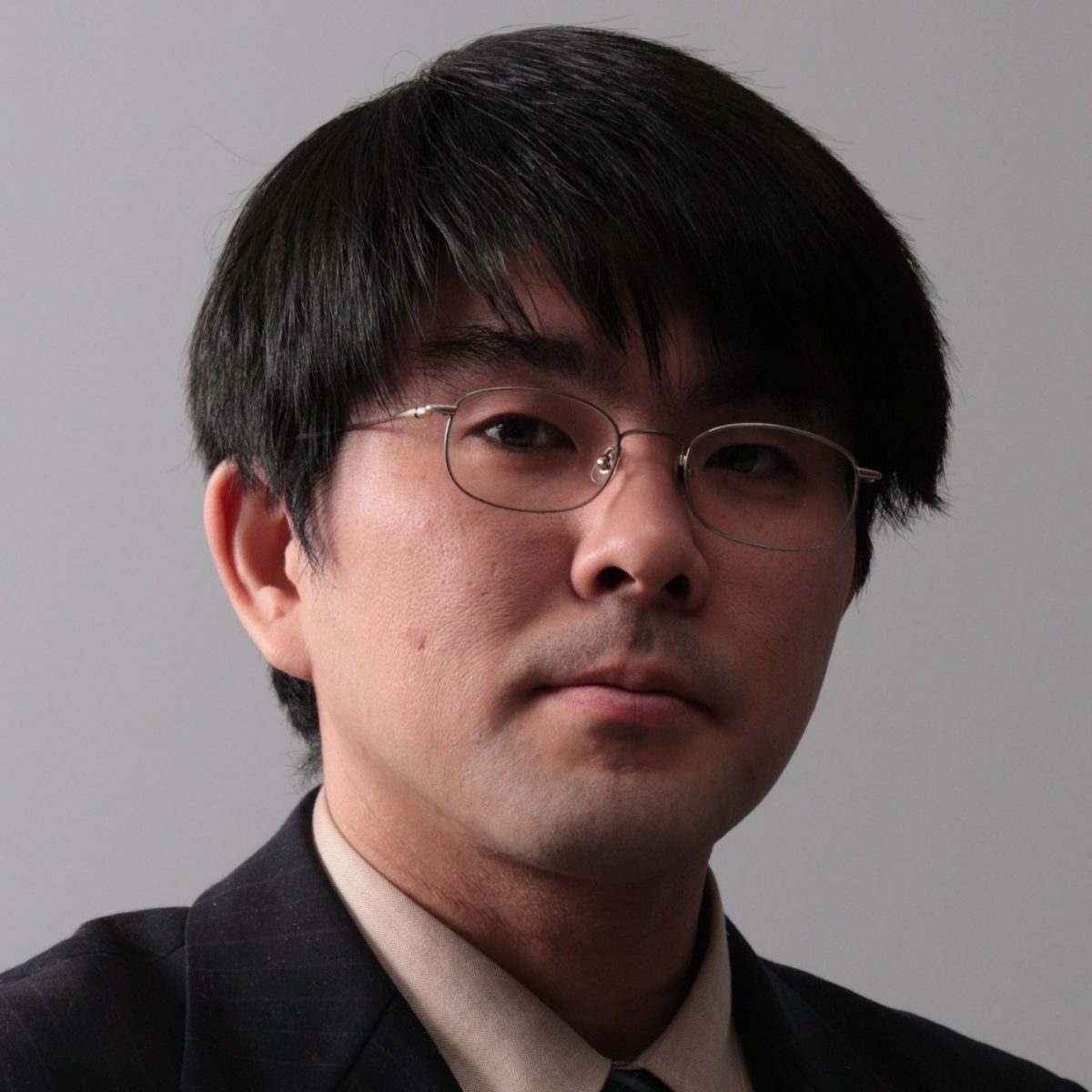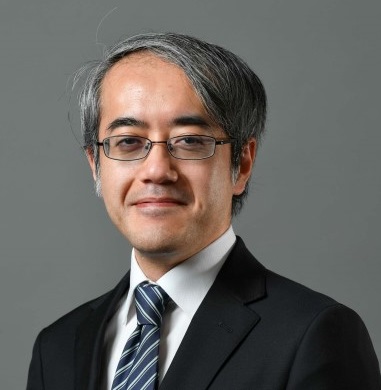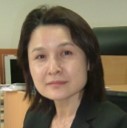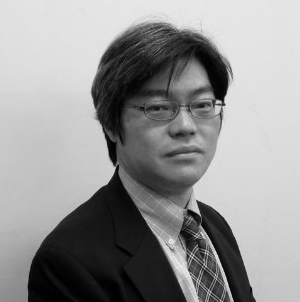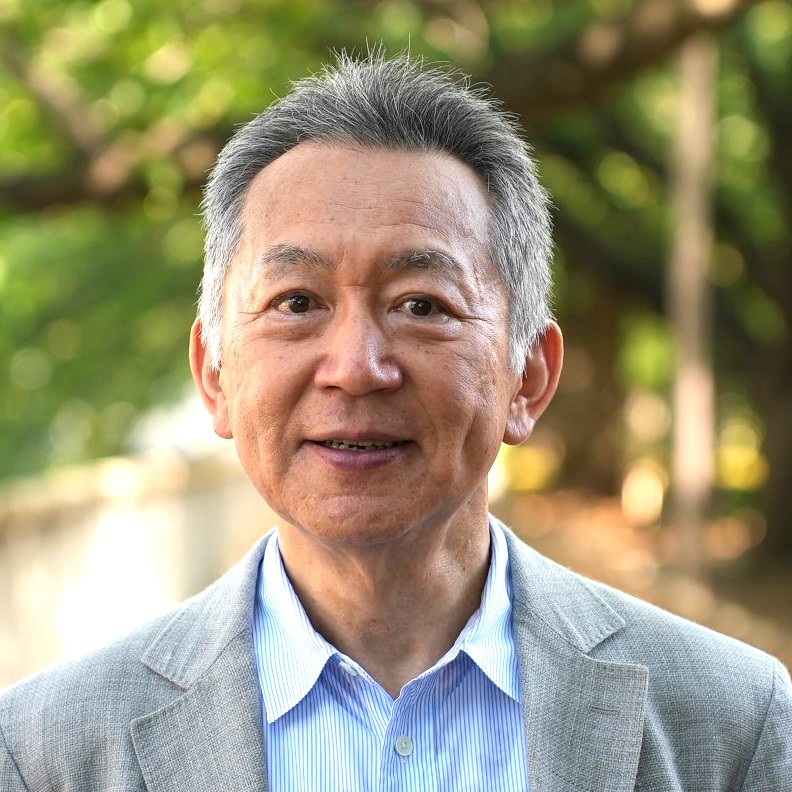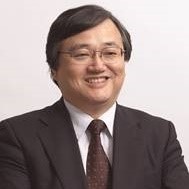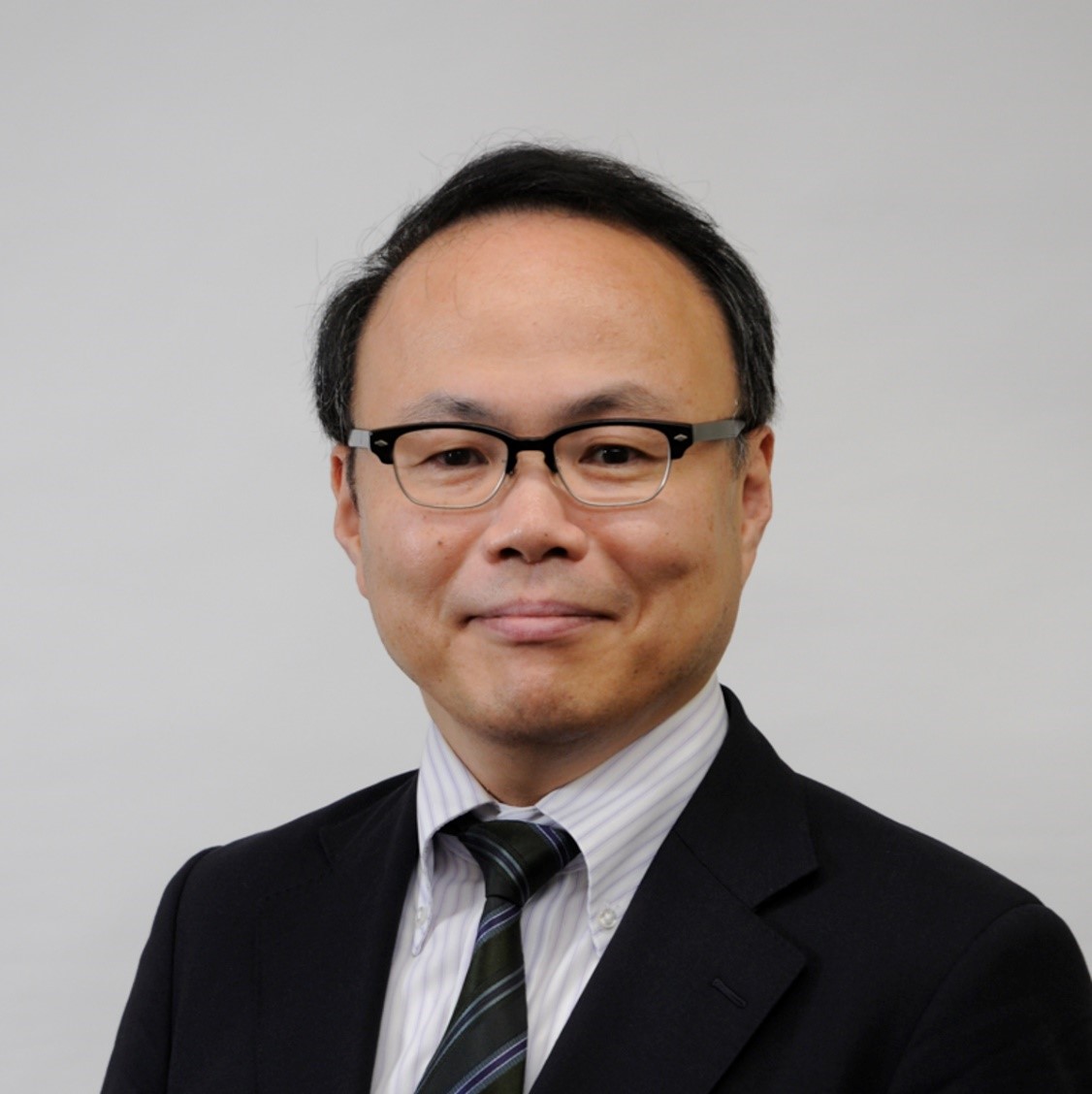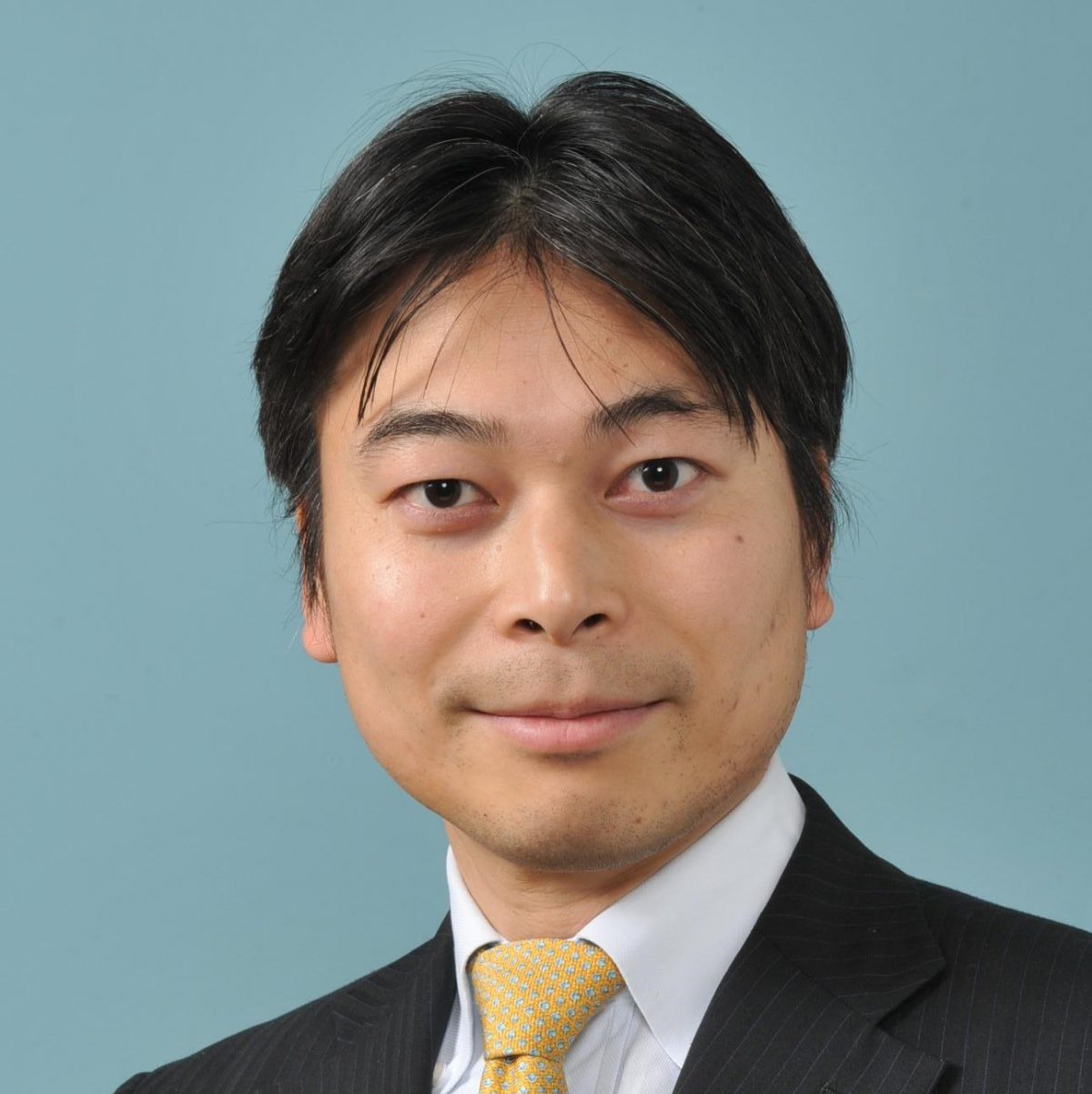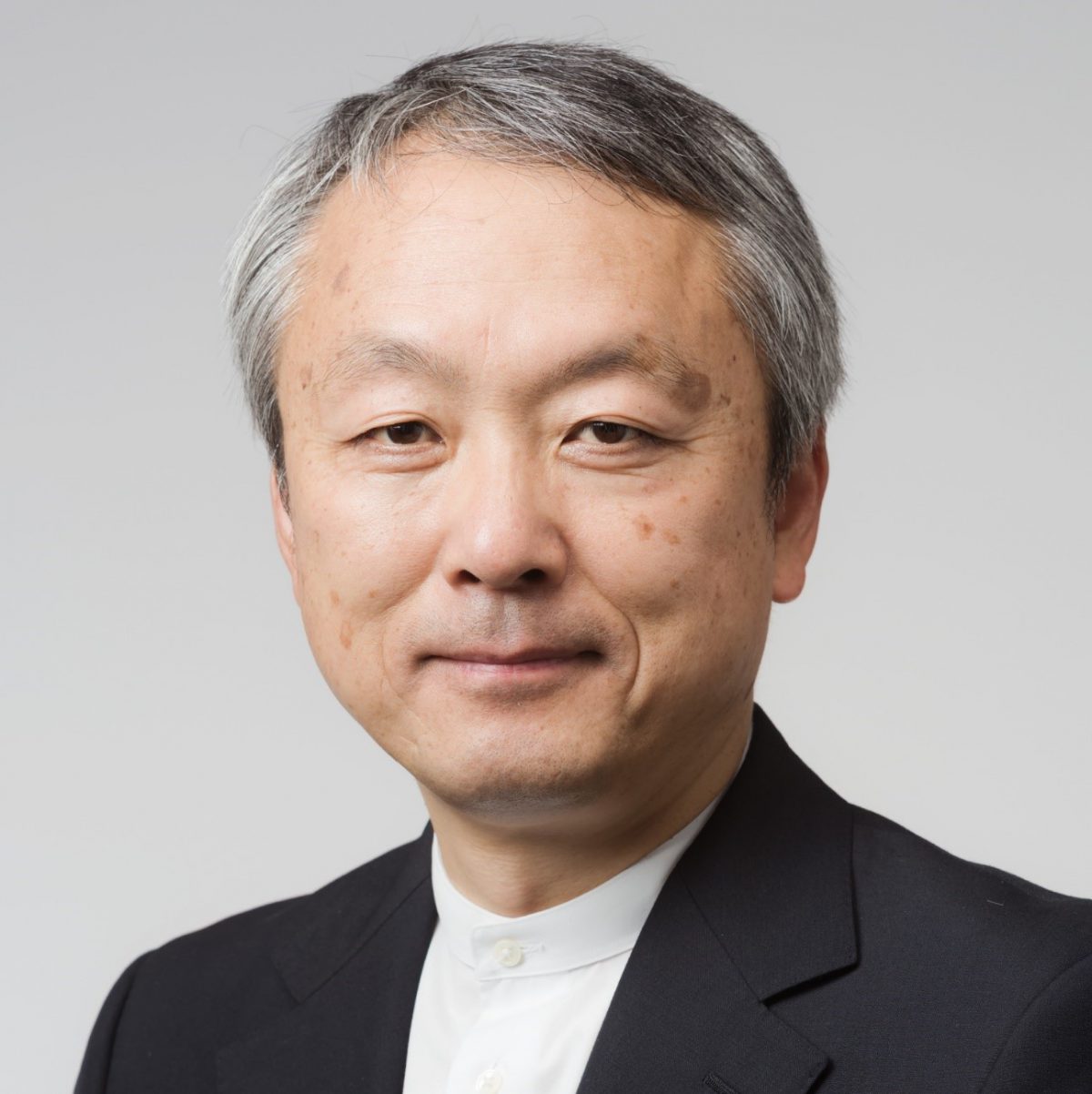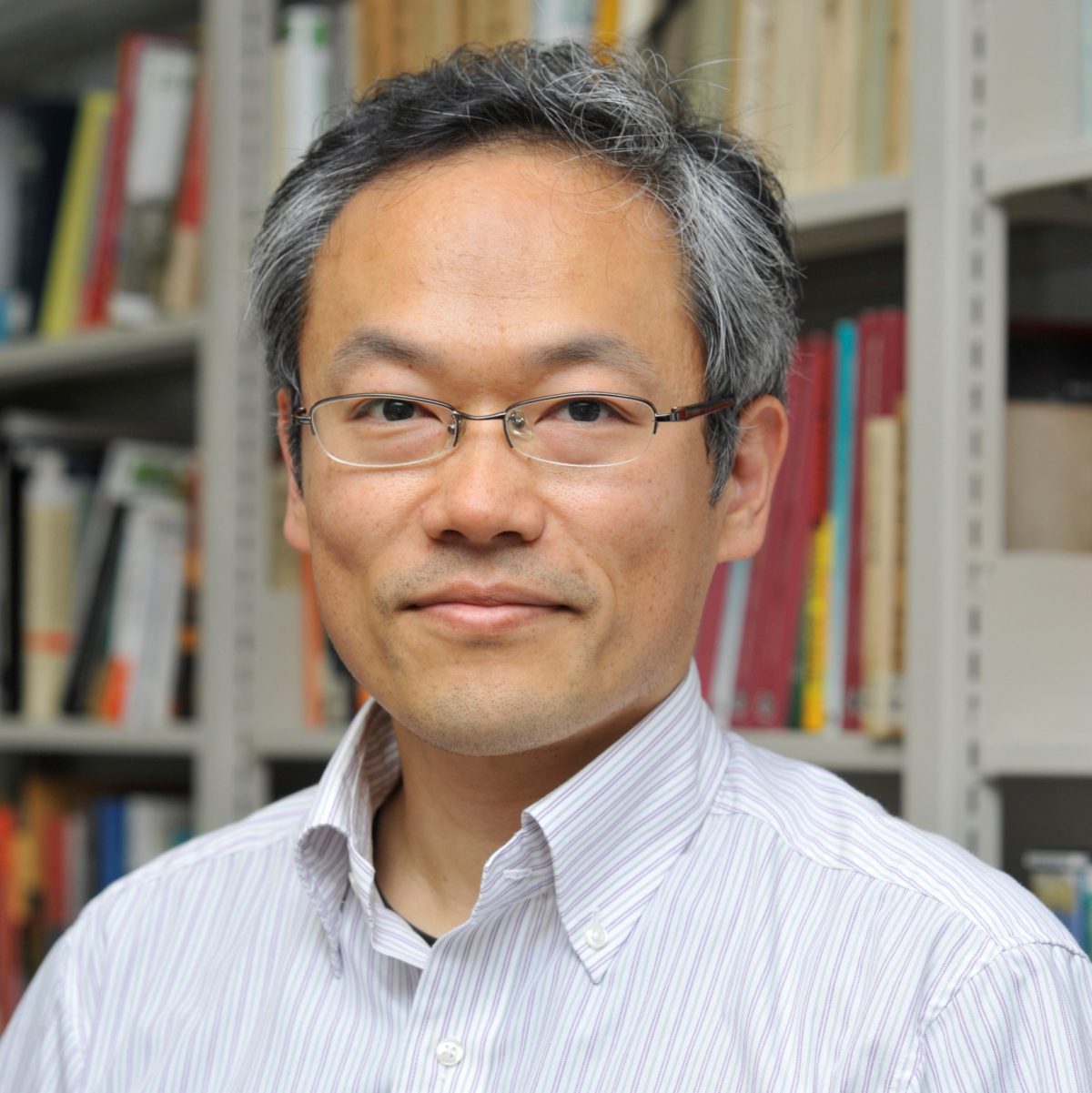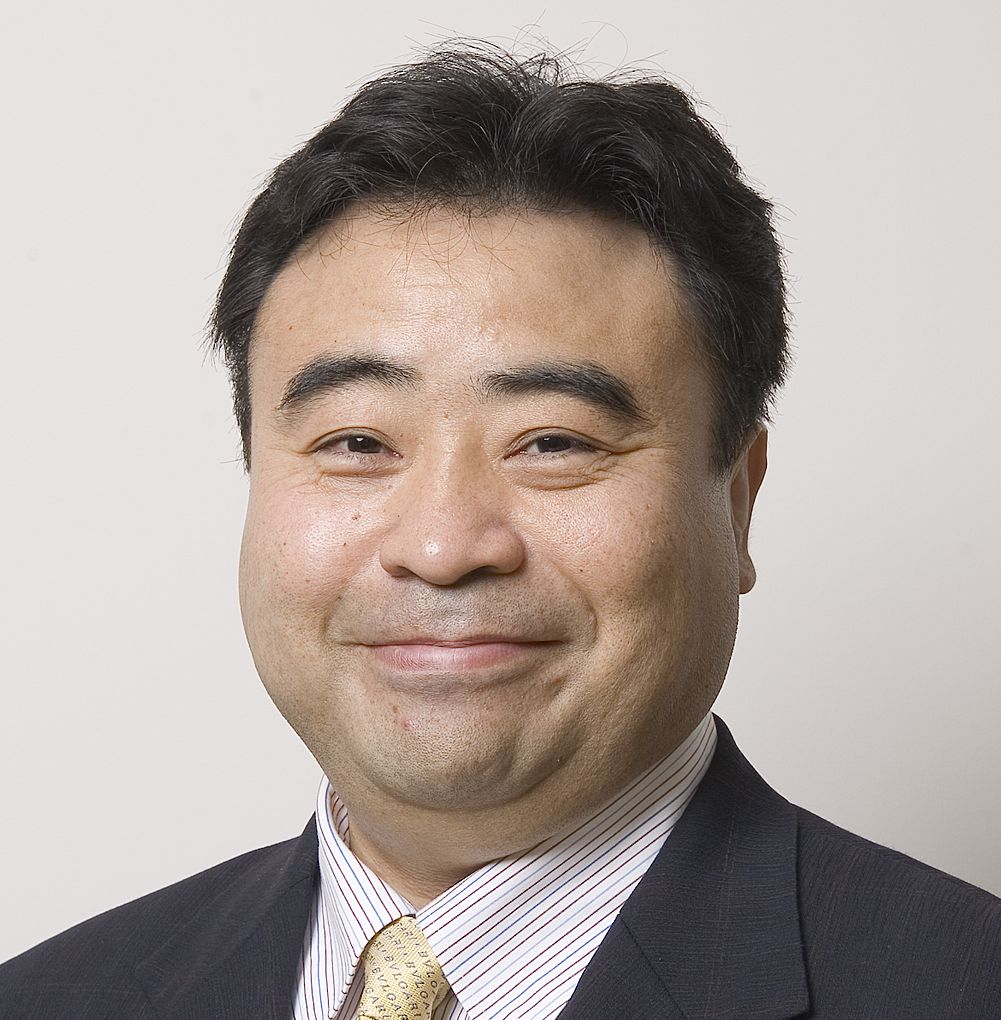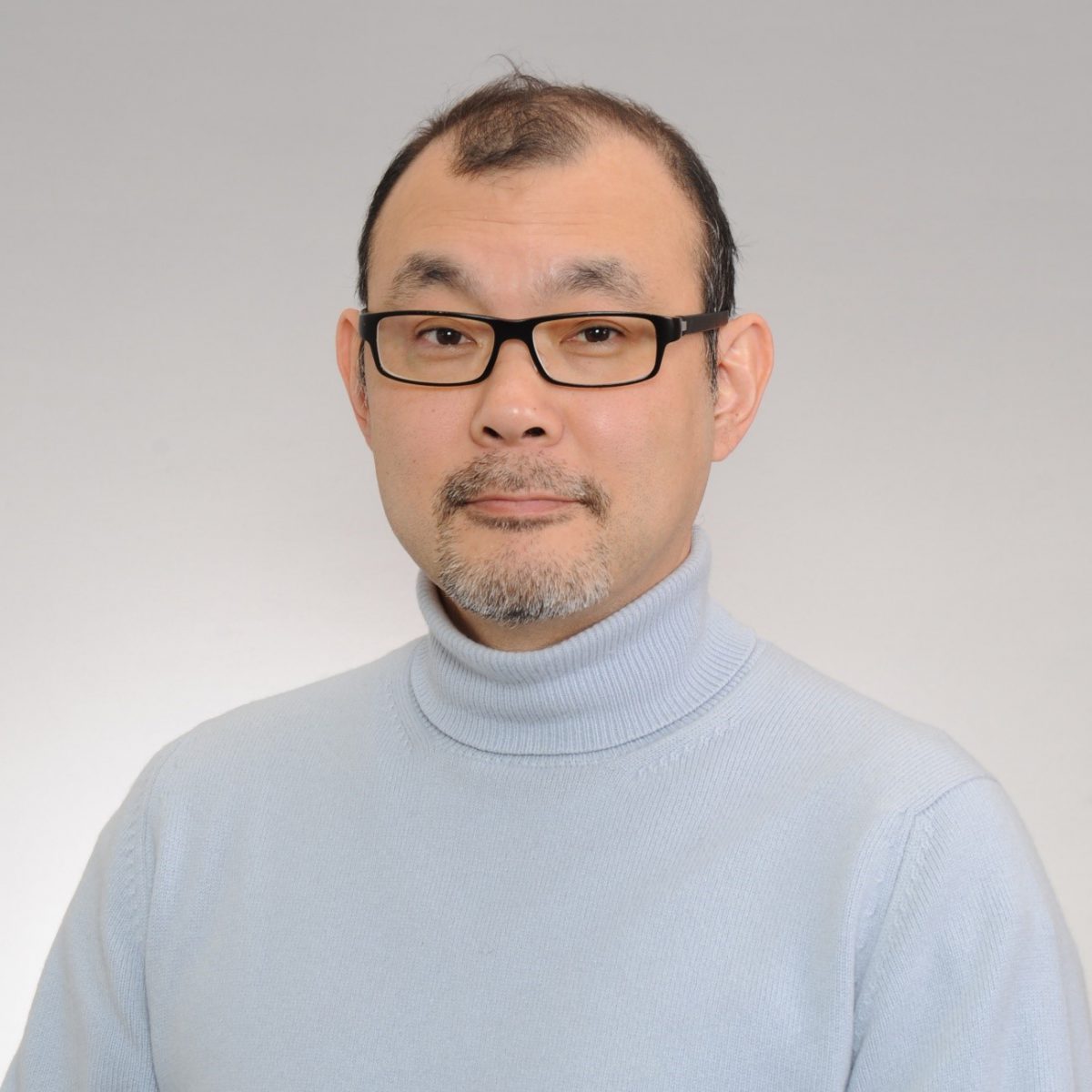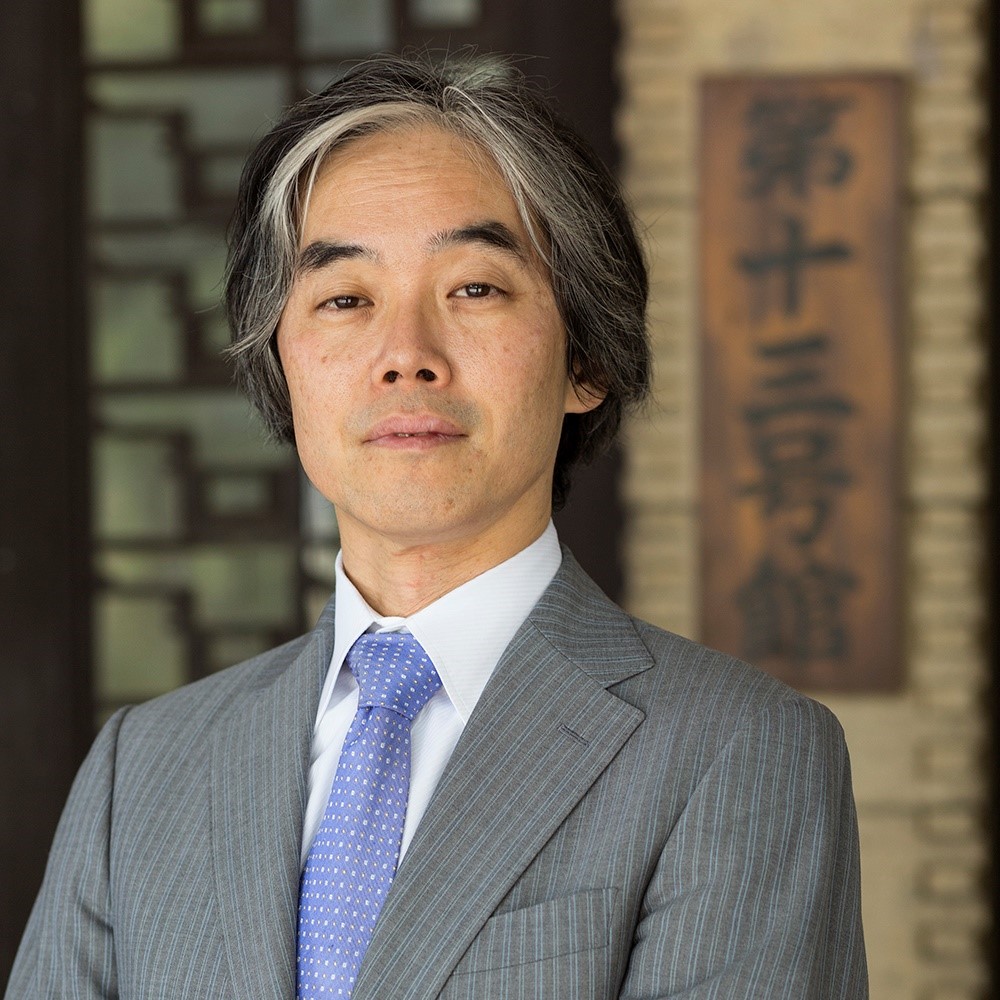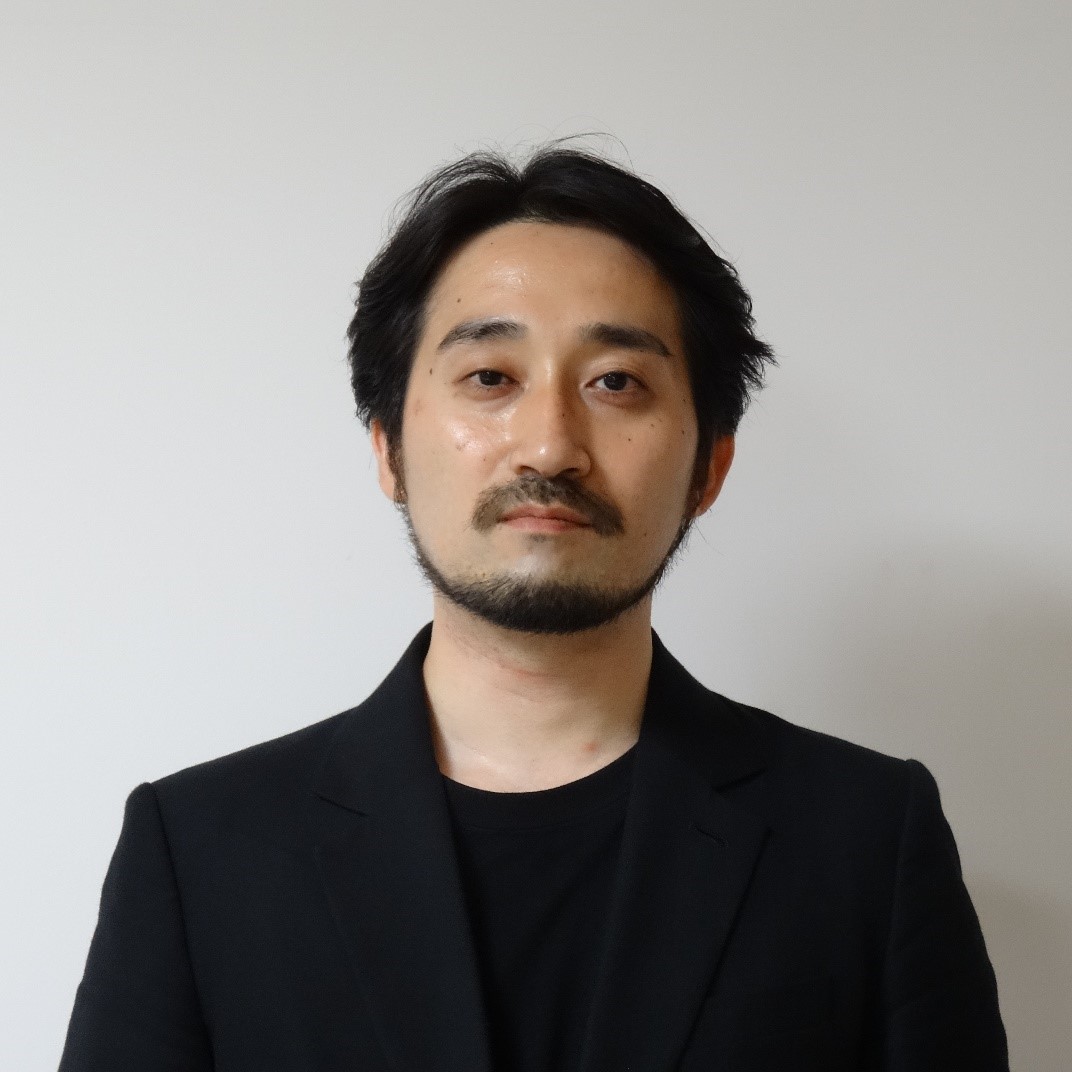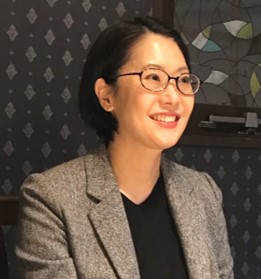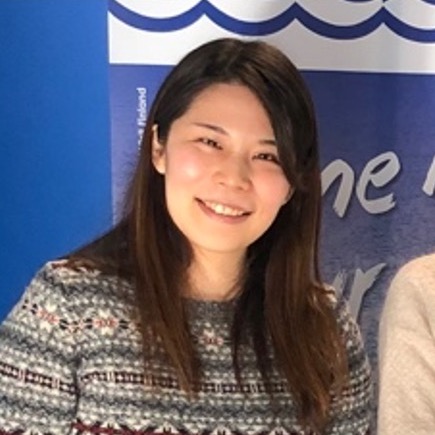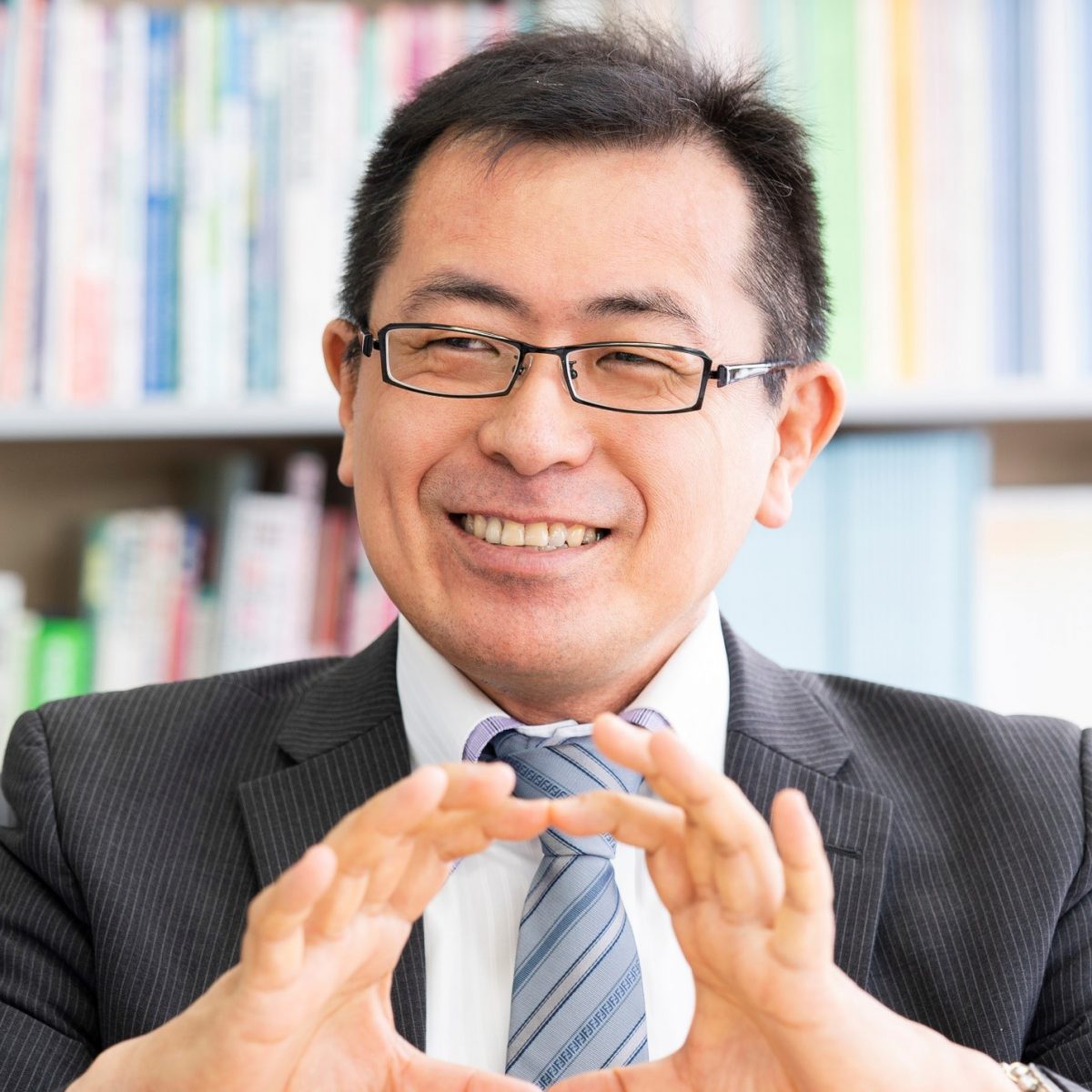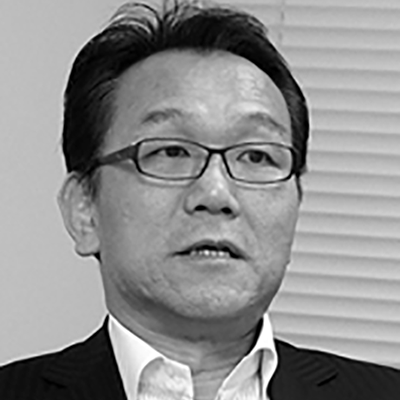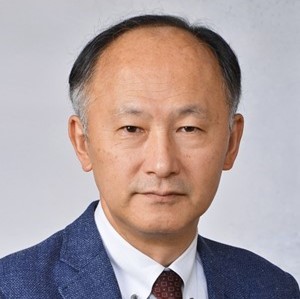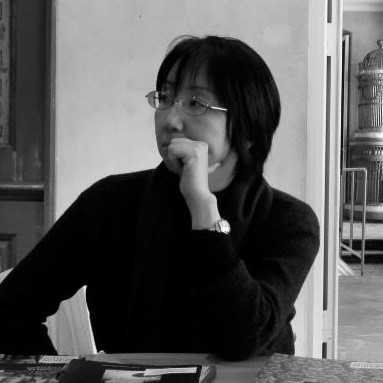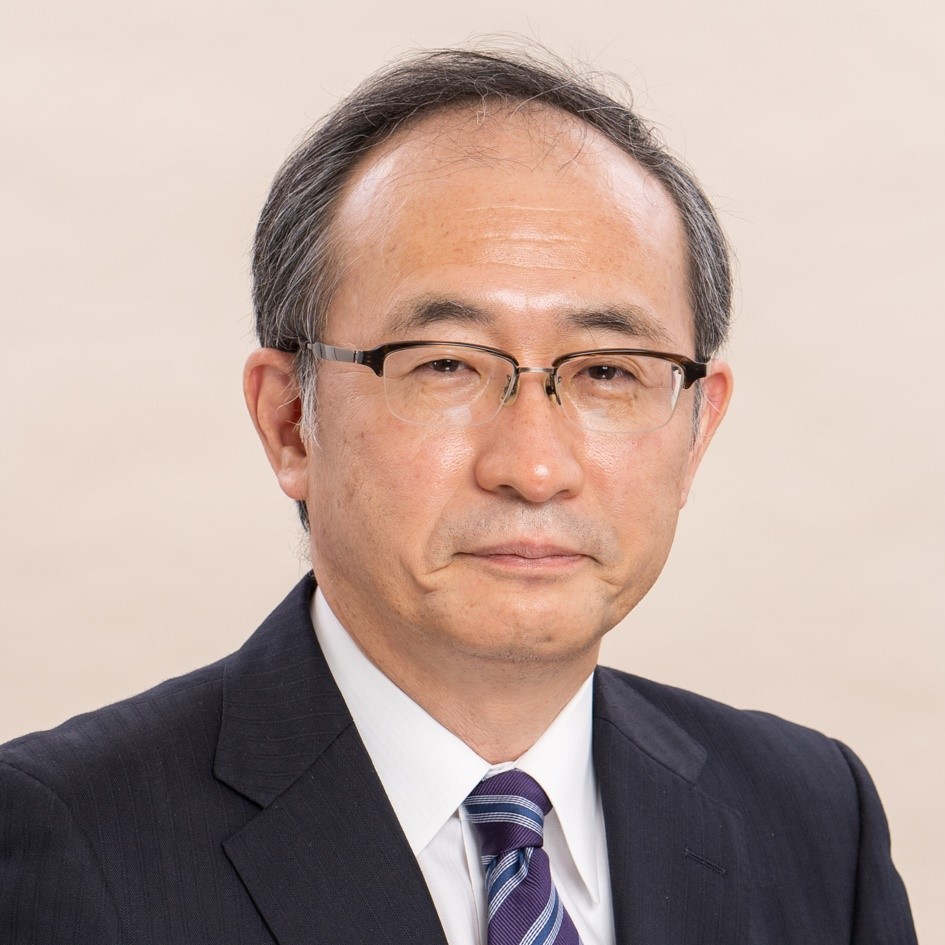Dr. Pinar Temocin was trained in hydrobiology engineering in Turkey, Philosophy in Turkey and Germany, and Comparative Politics and Public Policy in France. Before entering the Hitachi-UTokyo Lab. in November 2023, she completed her doctoral studies at Hiroshima University, researching nuclear energy policies and environmental civil society organizations within the post-Fukushima context. As a project assistant professor under the Hitachi-UTokyo Lab., she focuses on hydrogen and ammonia co-firing technology, bridging her educational background
in political science and research expertise in sustainability studies. While working at the Institute for Future Initiatives, University of Tokyo, she is also leading the case study in Japan as part of the GOGREEN, a global research project on the local co-creation of green transitions, led by Roskilde University, Denmark. Additionally, she is currently a non-residential visiting fellow at the Sigur Center for Asian Studies, Elliott School of International Affairs, George Washington University, USA.
Using her interdisciplinary research experience in environmental governance, stakeholder engagement, and energy policies, Dr. Temocin carried out research in several research institutes worldwide, including the University of Auckland and Seoul National University. She actively collaborates with scholars internationally and produces research papers on energy issues.
MEMBERS_TAGS: The University of Tokyo
Yoshimura Yuji
Yuji Yoshimura, architect and PhD in computer science (Universitat Pompeu Fabra), is a project associate professor at the Research Center for Advanced Science and Technology, University of Tokyo. From 2001 to 2017, he was mainly based in Barcelona, Spain, working at Barcelona Urban Ecology Agency, Center for Innovation in Transport (CENIT), and from 2017 to 2019, he did his postdoctoral research at Massachusetts Institute of Technology (MIT). Since 2019, he has been based in Tokyo, Japan. He is currently the scientific advisor for the Louvre Museum and Institut Municipal d’Informàtica (IMI). His research focuses on urban science, which represents the intersections of architecture, urban planning, and science. His projects include big data analyses in the Louvre via Bluetooth sensors and the classification of architectural design through the artificial intelligence.
Kazuma Hatano
After received Master of Informatics from Kyoto University, he joined the Ministry of Internal Affairs and Communications (MIC) in 2006. At the Ministry, he was mainly engaged in overall information and communications technology policy, including radio policy and broadcasting technology policy.
He has been an Associate Professor in the Interfaculty Initiative in Information Studies, the University of Tokyo from April 2024.
Takeo Hamada
He received a Ph.D. in Engineering from Tokyo Institute of Technology in 2015. After working as a postdoctoral researcher at Toyohashi University of Technology, an assistant professor, and a project lecturer at The University of Tokyo, he has been in his current position since 2023. He was certified as INNO-β from the INNO-vation Program. He specializes in human-computer interaction, especially in research on behavioral change in exercise support and healthcare, based on cognitive science and social psychology findings.
Furui Yuji
Yuji Furui is a Project Professor at Institute for Future Initiatives(IFI), The University of Tokyo. He held a Ph.D. (Medicine) from Graduate School of Medicine, The University of Tokyo(2000). Specialized in preventive medicine and social security policy. After working as a Project Assistant Professor at The University of Tokyo Hospital, he became a Visiting Professor at Jichi Medical University(2017), and has also been a Project Assistant Professor at Institute for Future Initiatives(IFI), The University of Tokyo (2018).
He is also an expert member of the Council on Economic and Fiscal Policy in the Cabinet Office, involved in the process of formulating the basic policy for economic and fiscal management and reform.
He has recognized the importance of human capital investment through the management of his healthcare company,which he founded in his 30s.
Higuchi Atsuko
In 2011, completed her master course in the Department of Urban Design, Planning and Disaster Management of the Faculty of Human-Environment Studies, Kyushu University.
She engaged in urban development projects at Mori Building Co., Ltd. and Nikken Sekkei Ltd. At Urban Design Center, a public interest incorporated foundation, she planned and managed the Japan Landscape Awards, Urban design competitions and other events. In November 2023, appointed to her present position.
Hirotsugu Seike
He received a Ph.D. (Interdisciplinary Information Studies) in 2023 from Graduate School of Interdisciplinary Information Studies, the University of Tokyo. He had been working as a research associate at Hitotsubashi University from Apr. 2022 to Jul. 2023 to establish Graduate School of Social Data Science. He has been a project assistant professor at Interfaculty Initiative in Information Studies, the University of Tokyo since Oct. 2023. His research interests include performance analysis of blockchain-based distributed systems and its verifiable applications, such as issuing distributed identifiers and guaranteeing AI model legitimacy.
Ge Hangli
Ge Hangli received her Ph.D. degree from The University of Tokyo in 2019. After that, she was an assitant professor and is currently a project lecturer at The University of Tokyo.
Her research interests include ubiquitous computing, IoT, AI, especially in the fields of smart building,urban mobility, intelligent transportation systems, etc.
Yokokubo Anna
She received the D.S. degrees in computer science in 2020 from Graduate School of Humanities and Sciences, Ochanomizu University. After working as a researcher at Canon Inc., a visiting researcher at Turku University of Applied Sciences in Finland, and later joined Aoyama Gakuin University’s College of Science and Engineering as a research assistant and assistant professor in the Department of Integrated Information Technology. She has been in her current position. Her areas of expertise include Human-Computer Interaction (HCI), Entertainment Computing (EC), Information Design, and Skill Science.
Noboru Koshizuka
He received the D.S. degrees in computer science in 1994 from Graduate School of Science, the University of Tokyo.
After working as an assistant professor at Tokyo Institute of Technology, an associate professor at the University of Tokyo, he has been a professor since 2009.
He leads research in various fields, including Chairman of Data Society Alliance, Smart City Sociel Implementation Consortium, Green x Digital Consortium, Weather x Business Consortium, and so on.
With a focus on computer science, he has recently been involved in research on IoT, data infrastructure, and smart cities.
Kasajima Megumi
Takeuchi Tomoya
Imanaka Masaki
Sieed Jubair
Kurita Takuya
In 1984, graduated from the faculty of law of The University of Kyoto. His career started as a government official of the Ministry of Construction, and he has had broad experiences in the policy field of national land and regional development, urban policy, city planning and infrastructure development. He also has many legislative achievements in such policy fields.
Between 2015 and 2018 he worked as director general of the City Bureau, and between 2018 and 2019 director general of the Policy Bureau of the Ministry of Land, Infrastructure, Transport and Tourism.
In 2020, vice-minister of the ministry.
Holder of M.Phil of Land Economy and Ph.D of Science and Engineering.
Igeta Yuki
In 2024, she completed her doctoral course study at the Graduate School of Frontier Sciences, the University of Tokyo, Doctor of Environmental Studies. She joined DeNA Co., Ltd. and engaged in the development of autonomous driving services and field test operations. She was appointed to her present position in September 2021. Her specialty is Urban Design.
Odagiri Mirai
After completing his Master’s degree in public policy at the Graduate School of Public Policy, the University of Tokyo, he joined Ministry of Economy, Trade and Industry of Japan. He was selected the Executive Secretary to Dr. Masaki OGUSHI Parliamentary Vice-Minister of Economy, Trade and Industry. In 2015, he was elected as one of six in the politics and policy field as Propicker at NewPicks, Inc., which is a well-known Japanese social economic media company that specializes in economic information. He established Japan Association of Public Meets Innovation in 2018. In 2020, after getting MPA in Economic Policy Management at School of International and Public Affairs, Columbia University, he was elected as Pro Publingal at Publingual, Inc., which is Japanese social policy media.
Chen, Emmy Yi-chun
Yi-chun Chen works as a project researcher at the Institute for Future Initiatives, The University of Tokyo since November 2020. She has a BA in Political Science from National Taiwan University, and obtained her Ph.D. in Global Environmental Studies (environmental economics field) from Kyoto University in 2019. Her research interests include energy transition studies, renewable energy policies, and sustainable niche development.
Hayashi Masahiro
Sunahara Yosuke
Tanaka Tomoki
Shiroyama Hideaki
Hideaki SHIROYAMA is a professor of public administration at the Graduate School of Public Policy and the Graduate School for Law and Politics, The University of Tokyo. He studies about global governance/ international administration, science/ technology and public policy and policy process. He was the Dean of the Graduate School of Public Policy from 2014 to 2016 and the Director of Policy Alternatives Research Institute from 2010 to 2014. He is the Director of Science, Technology, Innovation and Governance Program and the Coordinator of Graduate Program for Social Design and Management. He serves as a member of various government advisory councils on higher education, nuclear safety, consumer safety, space policy and AI/ IT. His major publications include “Technology Governance” in Sustainability Science: A Multidisciplinary Approach, United Nations University Press, 2011, “Governance for sustainability: knowledge integration and multi-actor dimensions in risk management”, Sustainability Science, vol.7 (2012), International Administration (Yuhikaku 2013) and Science, Technology and Politics (Minerva Publisher 2018).
Joao Gari da Silva Fonseca Junior
Urabe Chiyori T.
Chiyori T. Urabe received a Doctor of Human and Environmental Studies from Kyoto University in 2006.
Since 2014, she has been a Project Assistant Professor at the Institute of Industrial Science, the University of Tokyo.
Her research interests include energy system integration.
Ishida Tetsuya
For more details, please refer to this page.
Takizawa Satoshi
Professor, Department of Urban Engineering, Graduate School of Engineering, The University of Tokyo
[Education] 1983 B. Eng., Department of Urban Engineering, the University of Tokyo1985 Master of Eng., Department of Urban Engineering, Graduate School of Engineering, the University of Tokyo
1988 Doctor of Eng., Department of Urban Engineering, Graduate School of Engineering, the University of Tokyo [Positions Held] 1988-1990: Research Associate, Department of Civil Engineering, Nagaoka University of Engineering.
1990-1992: Senior Research Fellow, Pollution Control Department, Public Works Research Institute, Ministry of Construction.
1992-2006: Associate Professor, Department of Urban Engineering, Graduate School of Engineering, the University of Tokyo
2006-present: Professor, Department of Urban Engineering, Graduate School of Engineering, the University of Tokyo [Fellowship and Secondment] 1997-1999: Associate Professor, Environmental Engineering Program, Asian Institute of Technology, Bangkok Thailand.
2002-2003: Visiting professor, Rhur Universitaet Bochum, Germany; University of North Carolina, Chapel Hill; University of California at Davis.
2012-present Visiting Professor, the Institute of Statistical Mathematics. Tokyo.
2016-2017: Visiting professor, Chiang Mai University, Chiang Mai, Thailand. [Research Fields] ・Urban Water Systems and Urban Water Management
・Groundwater Resource Management in Urban Areas
・Water Treatment Technologies using Membrane Filtration
・Water Management in Asian Cities [Major books] 『Advances in Water and Wastewater Treatment Technology』Elsevier,Amsterdam,(2001)
『Groundwater Management in Asian Cities』 Takizawa S., ed., Springer, March 2008. [Major papers] Guragai B., Hashimoto T., Oguma K., Takizawa S., High-accuracy measurement of household water consumption and micro-component analysis under an intermittent water supply system, Journal of Cleaner Production, 197. 1159-1168, 2018.
Zhang S., Yang Y, Takizawa S, Hou L., Removal of dissolved organic matter and control of membrane fouling by a hybrid ferrihydrite-ultrafiltration membrane system, Science of the Total Environment, No. 631-632,pp. 560-569, 2018.
DOI: https://doi.org/10.1016/j.scitotenv.2018.03.045
Amano M., Lohwacharin J., Dubechot A., Takizawa S., Performance of integrated ferrate – polyaluminum chloride coagulation as a treatment technology for removing freshwater humic substances, Journal of Environmental Management, 212, pp. 323-331, 2018. DOI: https://doi.org/10.1016/j.jenvman.2018.02.022
Zhang Chunpeng, Lohwacharin Jenyuk, Satoshi Takizawa, Properties of residual titanium dioxide nanoparticles after extended periods of mixing and settling in synthetic and natural waters, Scientific Reports, August 31, 2017.
DOI 10.1038/s41598-017-09699-9
Sakai H., Callaud P., Kosaka K., Takizawa S., Degradation of nume nitrosamines in water by ultraviolet irradiation, Desalination and Water Treatment, 58(2017) 422-488. Doi:10.5004/dwt.2017.11427
Kuroda K., Hayashi T., Funabiki A., Do An Thuan, Canh Vu Duc, Nga Tran Thi Viet, Takizawa S., Holocene estuarine sediments as a source of arsenic in Pleistocene groundwater in subuerbs of Hanoi, Vietnam, Hydrogeological Journal, Vol. 25, Issue 4, 1137-1152, 2017. DOI: 10.1007/s10040-016-1527-3
Athit Phetrak, Jenyuk Lohwacharin, Satoshi Takizawa, Analysis of trihalomethane precursor removal from sub-tropical reservoir waters by a magnetic ion exchange resin using a combined method of chloride concentration variation and surrogate organic molecules, Science of the Total Environment (STOTEN), 539, 165-174, 2015. http://dx.doi.org/10.1016/j.scitotenv.2015.08.111
Yu Yang, Janyuk Lohwacharin, Satoshi Takizawa, Hybrid ferrihydrite-MF/UF membrane filtration for the simultaneous removal of dissolved organic matter and phosphate, Water Research, Vol. 15, No. 65, pp. 177-185. 2014. DOI: 10.1016/j.watres.2014.07.030
Keisuke Kuroda, Michio Murakami, Kumiko Oguma, Yuki Muramatsu, Hideshige Takada, Satoshi Takizawa, Assessment of groundwater pollution in Tokyo using PPCPs as sewage markers, Environmental Science and Technology, Vol. 46, No. 3, pp. 1455-1464, 2012. (DOI: 10.1021/es202059g)
Ito Kenichiro
In 2017, completed a doctoral course in System Design Management, Keio University. Doctor of System Engineering Science. In 2014, appointed Assistant Professor at Keio University, and in 2018, as a researcher in the Institute of Gerontology, the University of Tokyo (present position).
Suzuki Takayuki
Ph.D (History and Philosophy of Science), The University of Tokyo, 2005. He specializes in philosophy of mind, its related areas such as philosophy of artificial intelligence and philosophy of psychiatry, and metaphilosophy. He also studies the relationship between technologies and society.
Kodama Chie
Arai Ayumi
She obtained her Ph.D. in environment from the University of Tokyo, M.A. in international development studies from National Graduate Institute for Policy Studies, and MEng in architectural engineering from Waseda University, Japan. Prior to joining the University of Tokyo she worked with Japan International Cooperation Agency Research Institute. Her main interest is in human dynamics research for development policy-making. She analyzes large-scale human mobility data combining with various field survey data.
Fukuyama Sachiyo
Hato Eiji
Tanaka Toshiaki
Mori Taketoshi
Yabu Kenichiro
In 2010, completed a doctoral course in the Graduate School of System Design of Tokyo Metropolitan University. Doctor of Engineering. In the same year, appointed as a Project Researcher in the Research Center for Advanced Science and Technology, the University of Tokyo. Since 2014, Project Researcher in the Institute of Gerontology, the University of Tokyo (present appointment). Studies devices to assist elderly and disabled persons.
Ifukube Toru
In 1971, completed a Master’s course specializing in electrical engineering in the School of Engineering of Hokkaido University (Doctor of Engineering). After working as Professor at Hokkaido University and then the University of Tokyo, he was appointed to his present position in April 2011. He is now Professor emeritus of the University of Tokyo and Hokkaido University. He specializes in electronic information engineering, bioengineering, rehabilitation engineering, acoustic engineering, and virtual reality.
Miura Takahiro
Okata Junichiro
After completing studies in urban engineering and completing a doctoral course in the School of Engineering, the University of Tokyo, he was a Research Associate in the School of Engineering beginning in 1982. After working as a research associate, lecturer, and associate professor in the School of Architecture of Yokohama National University, he became an Associate Professor of the Urban Engineering Department of the University of Tokyo in 1996 and a full professor in that department, beginning in 1999. He specializes in urban planning and land use planning. He has enacted basic urban plans for a number of local government bodies and performed urban planning and community planning of individual local government bodies applying “community design bylaws.” Since April 2013, he has also served as the Director of the Institute of Gerontology.
Umeoka Koji
In 2008, completed his studies in the Graduate School of Frontier Sciences, University of Tokyo. After employment with Arata Isozaki and Associates, and appointed to his present position in January 2019. His specialty is architectural and urban design.
Miyata Shohei
In 2017, completed a Master’s course in the Graduate School of Engineering, the University of Tokyo. As of the same year, Research Fellow of the Japan Society for the Promotion of Science (DC1). He specializes in control optimization and fault detection and diagnosis of air-conditioning systems.
Yamamura Shinji
In 1989, completed a Master’s course in Architecture in the School of Engineering, the University of Tokyo. After working at Nikken Sekkei, he moved to the Nikken Sekkei Research Institute. He specializes in environmentally friendly architecture, outdoor environmental planning and evaluation, low-carbon cities, and smart city-related policy planning. He is a Doctor of Engineering (2014, Tokyo Institute of Technology). He is a Professional Engineer, building mechanical and electrical engineer, and small and medium enterprise management consultant.
Kuwabara Yasuhiro
In 2008, completed study of Spatial Systems in a doctoral course in the Graduate School of Human Environmental Studies, Kyushu University (Doctor (Engineering)). Founded MTD as an Industry-University Collaborative Incubation Project with the University of Tokyo, in which he took part while employed by Sony. Appointed to his present position after resigning from Sony, he specializes in energy management systems using the Cloud and improving the efficiency of large heat source systems. He is a certified Professional Engineer and utility design first-class architect.
Lim Jongyeon
In 2013, completed a doctoral course in Architecture, Graduate School of Engineering, the University of Tokyo (Doctor of Engineering). After serving as a Research Fellow at the Institute of Industrial Sciences, the University of Tokyo, he was appointed to his present position in 2015. He specializes in numerical analysis of urban environments and the evaluation of human comfort in building environments.
Warisawa Shinichi
Completed a doctoral course in the Department of Mechanical Engineering, Graduate School of Engineering, the University of Tokyo (Doctor of Engineering). Research Associate in the Precision and Intelligence Laboratory of the Tokyo Institute of Technology, lecturer then Associate Professor at the Graduate School of Engineering of the University of Tokyo, Associate Professor at the Graduate School of Frontier Sciences, and appointed to his present post in 2015. He specializes in research on sensors equipped with nano-scale mechanisms and studies comfortable living environments applying human activity and physical condition sensing.
Akashi Yasunori
In 1992, completed a Master’s course in Architecture, Graduate School of Engineering, the University of Tokyo. Earned his Doctorate (Engineering) (The University of Tokyo) in 1996. Appointed as Research Assistant (1992), Assistant Professor (1998), and Professor (2009) at Kyushu University, and to his present position in 2013. His specialty is architectural environmental equipment. His research topic is the long-term prediction of commissioning and urban environment load of building equipment and systems.
Miyazawa Satoshi
In 2017, left the University of Tokyo after completing doctoral course work in the Graduate School of Frontier Sciences, the University of Tokyo. Was appointed to his present position in November 2017. His specialty is spatial information science.
Mitani Takuma
Completed his studies in the Graduate School of Science and Engineering at Ehime University and was an employee of Fukken Co., Ltd., then Project Assistant Professor at Tohoku University; he was appointed to his present position in December 2017. He specializes in traffic planning and traffic engineering.
Kusakabe Takahiko
After completing his studies in the Graduate School of Engineering at Kobe University, he was an Assistant Professor at the Tokyo Institute of Technology (2011–2016) and was appointed to his present position in April 2016.
Akiyama Yuki
He is a native of Okayama Prefecture. He has a PhD (Environmental Science). As Assistant Professor at the Center for Spatial Information Science since 2016, he has been a researcher and teacher in the fields of GIS, geospatial information, and the use of Geo Big Data. He is also Chairman of the Micro Geodata Forum, representative of the Super Smart Local Governments Linked Research Consultative Committee, and Technical Adviser of Microbase Co., Ltd.
Shibasaki Ryosuke
In 1982, completed his studies in the Department of Civil Engineering, Graduate School of Engineering, the University of Tokyo. He worked in the Public Works Institute of the Ministry of Construction, then as an Associate Professor at the School of Engineering of the University of Tokyo (1988–1991) and an Associate Professor in the Institute of Industrial Science (1991–1998), the University of Tokyo. He was appointed to his present position in 1998 (Center Director from 2005–2010).
Sadahiro Yukio
He was born in Tokyo in 1966. In 1991, after completing a Master’s course in the Graduate School of Engineering, the University of Tokyo, he was an Assistant Professor (1991–1995), lecturer (1995–1998), and Associate Professor (1998–2012) at the University of Tokyo. He was then appointed Professor at the Center for Spatial Information Science, the University of Tokyo, in October 2012 and was appointed to his present position in April 2019.
Oshima Kohei
His specialty is architectural design and he completed his master course study at the Graduate School of Frontier Sciences, UTokyo in 2007. After working at Naito Architect and Associates, he worked as project researcher and project assistant professor in UTokyo (2011-present).
Yamaguchi Kensuke
Sugiyama Masahiro
Masahiro Sugiyama is an Associate Professor at the Institute for Future Initiatives(IFI), the University of Tokyo. He holds a Ph.D. in climate science and a master’s degree in technology and policy, both from MIT. Prior to joining PARI, he was a researcher at the Socio-Economic Research Center, the Central Research Institute of the Electric Power Industry. He joined PARI in April, 2014. An expert on global warming, he has worked on various topics related with climate change, ranging from energy efficiency in global scenarios to citizens’ views on climate geoengineering. His works have been published in various academic journals, including Nature(http://doi.org/10.1038/531029a).
Baba Jumpei
He received a Ph.D in electrical engineering from the University of Tokyo in 2001.
He joined Tokyo Univesity of Science as an assistant in 2001, and joined the University of Tokyo as an assistant in 2003.
He was appointed as a lecturer in 2005, and has been an associate professor from 2006.
He is a member of IEEE, IEEJ, IEIEJ and CSSJ.
His main interest is power electronics, power systems, energy storage systems and renewable energy sources.
Komiyama Ryoichi
Ryoichi Komiyama obtained a Ph.D. degree of electrical engineering from the University of Tokyo in 2003. He served as senior researcher in Institute of Energy Economics, Japan (IEEJ), research associate in the University of Tokyo and present position since 2022. His fields of research are energy system modeling and analysis.
Iwafune Yumiko
Sakata Ichiro
Dr.Ichiro Sakatawas born in 1966.
He is Professor, former Head of the Department of Technology Management for Innovation (TMI) and Director of Innovation Policy Research Center, the Institute of Engineering Innovation at Faculty of Engineering, the University of Tokyo (UTokyo).
He also has a joint appointment as special advisor to the president of UTokyo and Head of Vison Formation Group of Future Society Initiative (FSI).
From 2014-2016, he served as Director of the Policy Alternatives Research Institute, UTokyo. He received his BA at UTokyo (1989), MA at Brandeis University (1997) and Ph.D. at UTokyo (2003).
In addition to research and education activities in the UTokyo, he is co-Head of the Advanced Bio Carbon (ABC) consortium and Head of Development Project of the Future Prediction Platform from Large-scale Literature Data (NEDO and AIST).
He has twenty years’ working experience in the field of science and innovation policy.
He is a Special Advisor to the Minister of Health, Labour and Welfare, and special member for the Land Council of Japanese Government.
He also worked for the Tohoku reconstruction as a Special Advisor to the Minister of Reconstruction.
He has published over one hundred and fifty papers in variety of research fields including innovation management, technological forecasting, computational social science, nano-technology and sustainability science.
His selected recent publications include “Five years on from Fukushima”, Nature vol.531(2016) pp29-31, “Cellulose nanofiber backboned Prussian blue nanoparticles as powerful adsorbents for the selective elimination of radioactive cesium”, Scientific reports6(2016): 37009, and “Detecting trends in academic research from a citation network using network representation learning”, PLOS One 13(5) (2018): e0197260.
Yoshikawa Hisashi
Hisashi Yoshikawa is a Project Professor of the Graduate School of Public Policy, the University of Tokyo, and also belongs to the Institute for Future Initiatives. Before he started to work in the University in September 2011, he worked both in the International Energy Agency (IEA) as Senior Advisor for Long-Term Policy and in the Organisation for Economic Co-operation and Development (OECD) as Deputy Director of the Directorate of Science, Technology and Industry (STI). He also worked in the Ministry of Economy, Trade and Industry (METI) of the Japanese Government and held director positions including Director of the Service Affairs Policy Division and Director of the Petroleum Distribution Division. His interests include policy planning and implementation, particularly in the field of energy. He received his master’s degree from the John F. Kennedy School of Government, Harvard University, in 1987 and a BA in law from the University of Tokyo in 1981. He works as Advisor for the Sasakawa Peace Foundation (SPF) and Senior Research Fellow of the Canon Institute for Global Strategy (CIGS).
Yokoyama Akihiko
In 1984, completed a doctoral course in Department of Electrical Engineering in the Graduate School of Engineering, the University of Tokyo. Doctor of Engineering. In 1984, Assistant, in 1985, Lecturer, in 1989, Associate Professor, and in 2000, Professor in Department of Electrical Engineering and Information Systems, School of Engineering, and in 2008, Professor in Department of Advanced Energy, School of Frontier Sciences, the University of Tokyo. He has just held his present position again in 2019. His major is power systems engineering, and recently, he has researched smart grids. He was the 104th President of the Institute of Electrical Engineers of Japan, and He is now Administrative Council Member, Steering Committee Member, and Japanese National Committee Chairman of the International Council on Large Electric Systems (CIGRE), and Japanese National Committee Chairman of the IEC TC8 and TC123.
Fujii Yasumasa
Professor, Graduate School of Engineering, The University of Tokyo
In 1993, completed a Doctoral Course specializing in electrical engineering in the Graduate School of Engineering, the University of Tokyo.
Served as AssistantResearch Associate, Lecturer, and Associateistant Professor in the Faculty of Engineering, Yokohama National University, then Associateistant Professor in the Graduate School of Engineering, the University of Tokyo, Assistant Professor and later Associate Professor in the Graduate School of Frontier Sciences, the University of Tokyo, and was appointed to his present position in 2008.
His specialty is policy analysis based on energy system engineering and energy economy models.
Tanaka Kenji
Completed a doctoral course in the University of Tokyo (Doctor of Engineering). After working atMcKinsey and Company and Japan Industrial Partners, Inc., he was appointed Assistant Professor at the University of Tokyo, and since 2017, has been Project Associate Professor specializing in the study of technology management strategy in the Graduate School of Engineering, the University of Tokyo (IoE social cooperation program).
Has acted as policy councilor for the Ministry of Land, Infrastructure, Transport and Tourism, Division D Technical Committee member of the Institute of Electrical Engineers of Japan, and Councilor of the Japan Association for Management Systems.
Ogimoto Kazuhiko
In 1979, graduated from the School of Engineering of the University of Tokyo and joined J-Power. Appointed to his present position in 2008. Research fields is the energy system integration including energy technology strategy, analysis and evaluation of materials and energy supply and demand, analysis and evaluation of dynamic energy supply and demand, centralized/distributed energy management, and introduction of reusable energies, energy systems diagnosis and evaluation; and risk assessment.
Ohashi Hiroshi
Graduated from the School of Economics of the University of Tokyo. In 2000, graduated from Northwestern University in the United States (earned a PhD in economics).
After serving as Assistant Professor in the Sauder School of Business at the University of British Columbia in Canada and then as Associate Professor of the Graduate School of Economics, the University of Tokyo, he was appointed to his present position in 2012. His specialties are industrial organization theory, competition policy, and economic policy. He has been a member of various committees, including the Advisory Committee for Natural Resources and Energy and the Electricity and Gas Market Surveillance Commission. He has received the Miyazawa Kenichi Prize (Fair Trade Commission) and the Enjoji Jiro Prize (Japan Center for Economic Research).
Esaki Hiroshi
In 1987, completed a Master’s course specializing in Electrical Engineering at the University of Kyushu and joined the Toshiba Corporation. In 1990, he was employed by Bell Communications and in 1994 was guest researcher at Columbia University. In 1998, he was appointed Assistant Professor in the Mainframe Computer Center, the University of Tokyo, and to his present position in 2005.
Representative of the WIDE Project and Green University Tokyo Project(GUTP).
Kitayama Atsushi
Makihara Izuru
Hideki Hashimoto, MD DPH
Professor in Health and Social Behavior, the University of Tokyo School of Public Health
Osaki Shin, Dr. Eng.
He completed his master course study at the Graduate School of Engineering, the University of Tokyo in 2005. Later in 2017, he got his doctoral degree by dissertation at The University of Tokyo (Doctor of Engineering). He had worked as a consultant of urban planning in a private company (2005-09), an assistant professor of “Landscape & Civic Design Lab.” in The University of Tokyo (2009-17) and a director of “Urban Design Center Matsuyama” (2017-20). He was appointed to his present position in April 2020. His specialities are urban planning and landscape/infrastructure design.
Son Bo-Kyung
Sasao Tomoyo
In 2016, she completed her doctor course study at the Graduate School of Frontier Sciences, the University of Tokyo, Doctor of Environmental Studies. After a Research Fellowship for Young Scientists of JSPS, she was an Assistant Professor at Tokushima University (2017-20). She was appointed to her present position in April 2020. Her specialities are participatory design and participatory sensing.
Iijima Katsuya, MD, PhD
[Academic/Professional Qualification]
1990- Resident, Department of Cardiovascular Medicine, Chiba Medical University
1997- Fellow, Department of Geriatric Medicine, The University of Tokyo Hospital
2001- Assistant professor, Department of Geriatric Medicine, The University of Tokyo Hospital
2002- Research fellow, Cardiovascular Medicine, Stanford University, USA
2006- Lecturer, Department of Geriatric Medicine, The University of Tokyo Hospital
2011- Associate professor, Institute of Gerontology, The University of Tokyo
2016-present, Professor, Institute of Gerontology, The University of Tokyo
2015-present, Intellectual private-sector member of “National Assembly of Dynamic Engagement of All Citizens” (The Cabinet Office) 内閣府 一億総活躍国民会議 有識者民間議員
[Specialties and Interests]
Integrated community-based care system, Prevention of sarcopenia-related frailty, Patient-centered home medical care, Multi-disciplinary collaboration
Deguchi Atsushi, Dr.Eng.
Dr. Atsushi DEGUCHI specializes in the academic field of urban design and planning. He received a Doctor of Engineering Degree from UTokyo in 1990. He was awarded as Grand Prix in the IFHP International Student Competition in 1987. He has promoted lots of frontier research and education projects on urban design and planning issues such as the building control of high-density urban environment and sustainable urban design at Kyushu University (1993-2011) and UTokyo (2011-present). He is a director of Hitachi and UTokyo Joint Research for realization of “Society 5.0”.
He is an active practitioner as well, and has lots of pragmatic experiences as an urban designer and a master planner, and is well-known as a master planner in the new campus plan of Kyushu University and Island City Project in Fukuoka City. He has been awarded as Ishikawa Prize by City Planning Institute of Japan in 2015 and 2016. Since 2011, he has had initiative to conduct the Kashiwanoha Campus Town and Smart City Project as President of Urban Design Center, Kashiwanoha (UDCK), which achievements has been highly evaluated and awarded as Good Design Award 2013 and Green City Award in 2015.
Yoshimura Shinobu
In 1987, completed his studies in the School of Engineering, the University of Tokyo (specialized in nuclear engineering) as Doctor of Engineering in 1987. Was lecturer, then Associate Assistant Professor of the School of Engineering in the University of Tokyo, then Professor in the Graduate School of Frontier Sciences, and since 2005, Professor of the School of Engineering. Advisor to the President in 2009, later Head of the Public Relations Office, Vice Dean of the School of Engineering, Education and Research Councilor, and Vice President of the University of Tokyo (2017-2023).
His specialties are computational mechanics and system design science. He is a Vice President and a member of the Executive Council of the International Association for Computational Mechanics and a Member of the Science Council of Japan. He has been awarded the International Association for Computational Mechanics Fellow Award and the APACM Computational Mechanics Award Prize (2013).
Karasawa Kaori
Ph.D (Social Psychology), University of California, Los Angeles, 1992. After working as an associate Professor at Nagoya university, she became an Associate Professor at the University of Tokyo in 2006. She was appointed to her present position in 2010.
She specializes in social psychology, in particular, social cognition, moral judgment and mind perception. She is also promoting a project related to experimental philosophy in collaboration with science philosophers
Watanabe Toshiya
Toshiya Watanabe completed his doctoral program in inorganic material at the engineering college of Tokyo Institute of Technology. He joined TOTO LTD in 1984. After working as assistant director at TOTO’s Photo Frontier Business Promotion Center, he received an appointment as teaching fellow at University of Tokyo’s Research Center for Advanced Science and Technology in 1998. Later, he received an appointment as professor in 2001. Currently, he is a Professor of the Institute for Future Initiatives (IFI) and Technology Management for Innovation (TMI). He is also general manager of the Division of University Corporate Relations, head of the Office of Export Control, teaching fellow at MIP of Professional Graduate School of Tokyo University of Science and a chairman of the Intellectual Property Association of Japan. He held the position as member of the Industrial Structure Council of the Ministry of Economy, Trade and Industry. He is chairman of planning committee of Cabinet Council Intellectual Property Headquarter. He received the Nikkei Biz Tech Award in 2002 and was awarded the Prime Minister’s Prize in 2004 for his contribution in forming the alliance of industry-government-academia. He has published many books including “TLO and License Associates” (KPC) and “Introduction to Patent and Technical Transfer for People with Science and Technology Background” (Iwanami Shoten), “Intellectual Asset-Based Management General Overview Series” (Hakuto Shobo)”, IP management by Innovator” (Hakuto Shobo) and has authored more than 100 academic papers.
